This April is the 20th annual National Diversity Awareness Month. We want to celebrate by acknowledging and appreciating our differences and similarities, and diversifying our reading! But what does “diversity” even mean? Diversity, at first glance, is a simple enough term to define. It means a group is heterogeneous or different characteristically. The parts that create the whole are not all the same. But what do we mean when we say diversity?
We mean people, not quotas. We mean making the table bigger, instead of taking chairs away. We mean choosing people because they will make our library stronger, not because they’ll make us look better. We mean fostering an environment that allows both customers and staff to live as their authentic selves rather than valuing conformity. Diversity means we value you, as you are, with your successes, your hardships, your wisdom, and your faults. It means we value all of you from the core of your being to the color of your skin.
Why Reading Diversely Is Important
Rudine Sims Bishop is famous for her research on multiculturalism in children’s literature. She focuses on black children and the importance of books that reflect their appearance and culture. She explains this using an analogy of mirrors, windows, and sliding glass doors. I could summarize, but I’d rather you read it in her own words.
“Books are sometimes windows, offering views of worlds that may be real or imagined, familiar or strange. These windows are also sliding glass doors, and readers have only to walk through in imagination to become part of whatever world has been created or recreated by the authors. When lighting conditions are just right, however, a window can also be a mirror. Literature transforms human experience and reflects it back to us, and in that reflection we can see our own lives and experiences as part of the larger human experience. Reading, then, becomes a means of self-affirmation, and readers often seek their mirrors in books.”
Rudine Sims Bishop | Professor Emerita of Education at Ohio State University
What You’ll See at Our Library
If you visit one of our library locations, you’ll see various book displays. Our display teams frequently focus on different cultures and heritages depending on the month. For Arab American Heritage Month this April, Old Town Library has a display featuring Arab American authors. In May, we’ll highlight authors for Asian American and Pacific Islander Heritage Month, Jewish American Heritage Month, and Mental Health Awareness Month.
We want to create diverse displays because we are a place where people can freely and easily access these valuable mirrors, windows, and sliding glass doors. While others can use the books as a window into the life of an Arab American, others will instead see their own lives reflected in them.
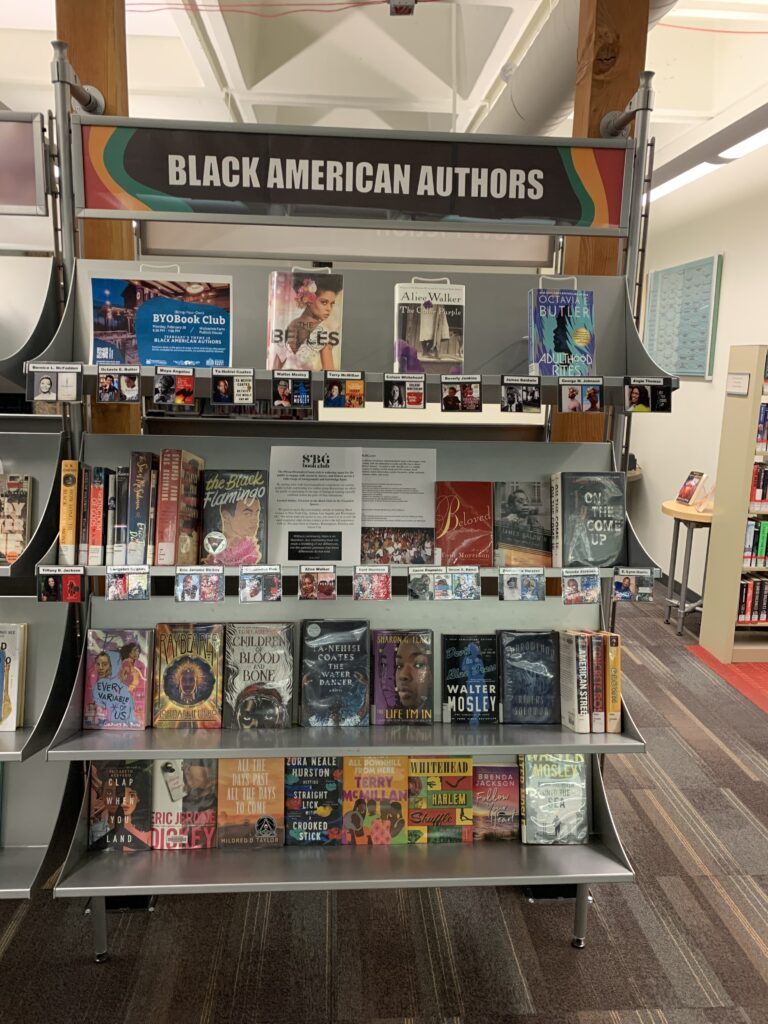
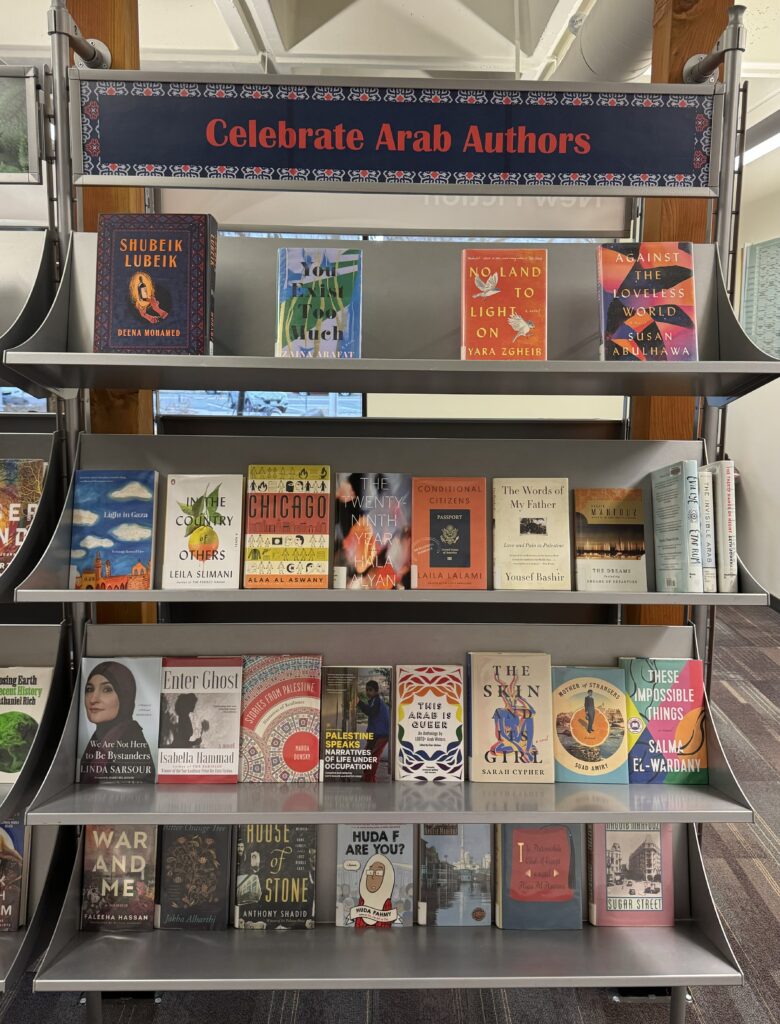
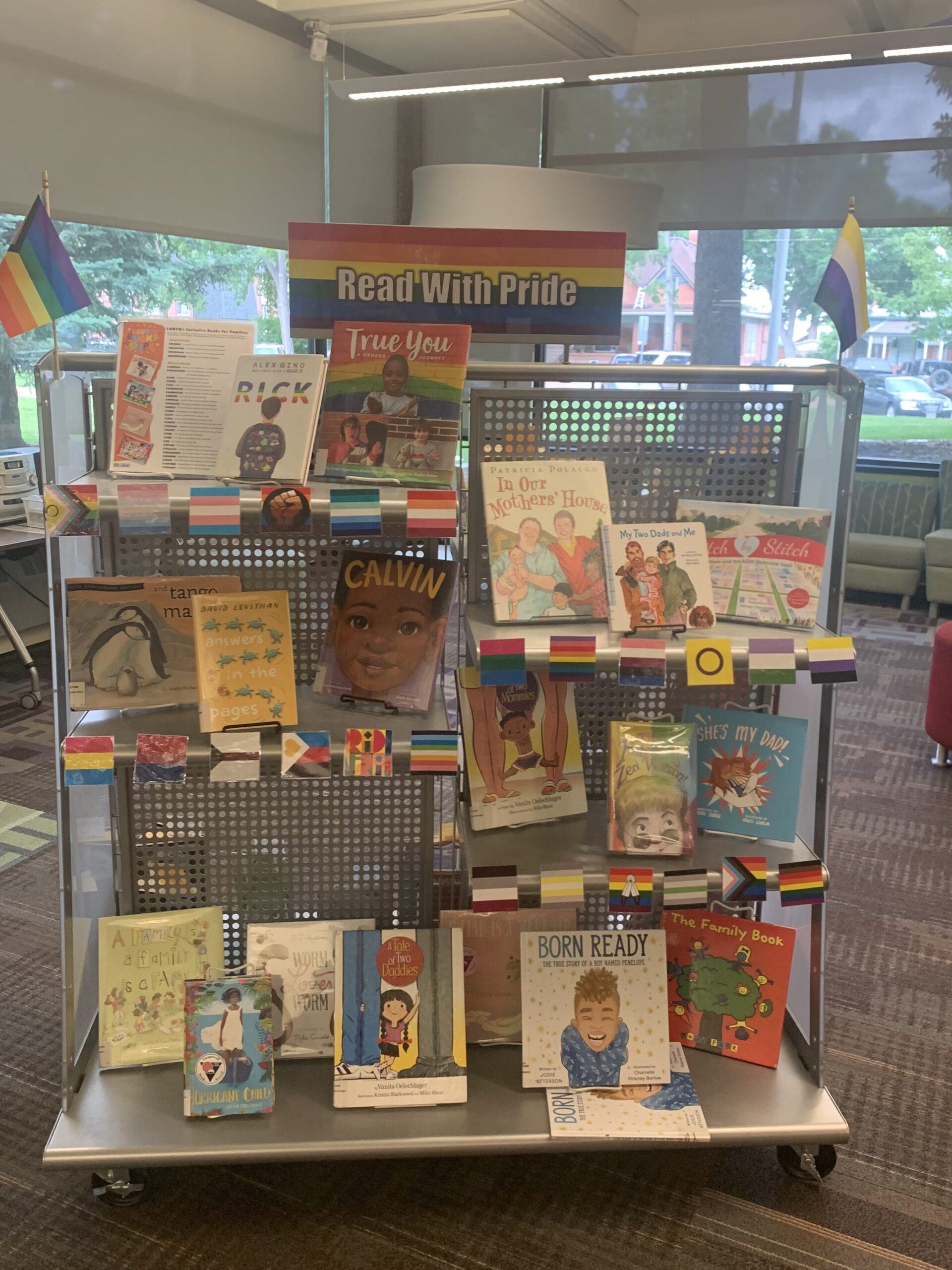
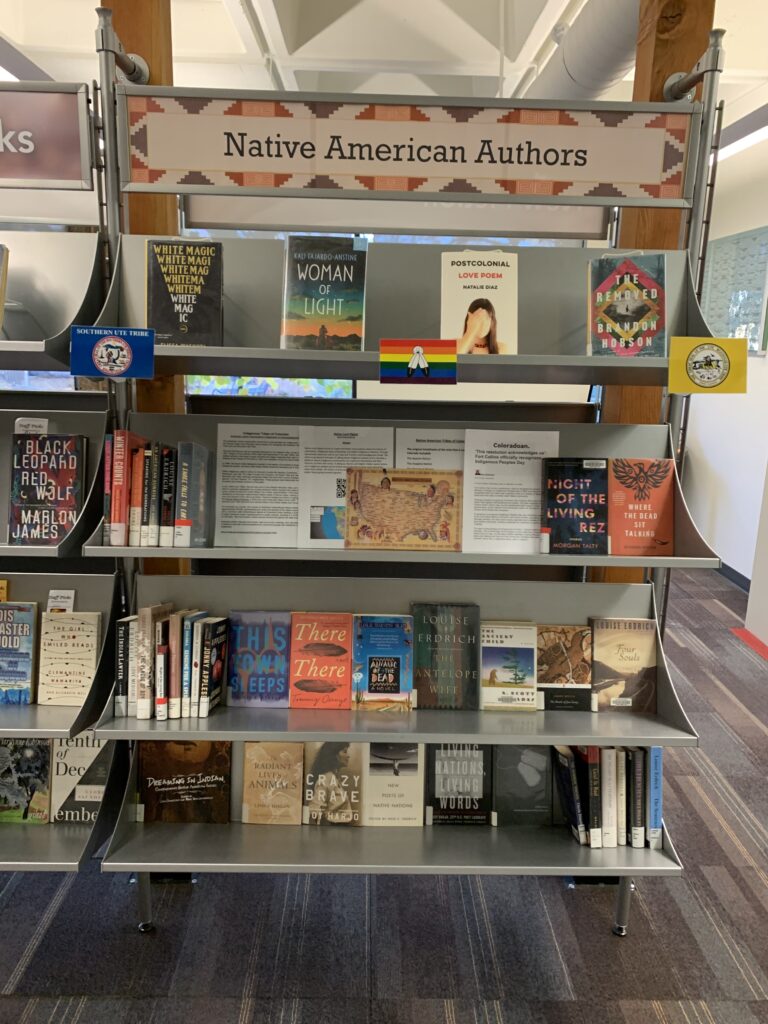
Ensuring there are mirrors, windows, and sliding glass doors, is a priority at Poudre Libraries. This is particularly true in our children’s section. Children have little freedom in choosing their own communities, so for a black child growing up in predominately white community, a book featuring a black main character may be an invaluable mirror. The same is true for a child who is Latinx/ Latiné, LGBTQIA+, etc.
As we get older, we may find and create communities where we feel safe, belong, and validated. For a child who feels alone or is bullied for their appearance, gender expression, crushes, learning differences, or physical disabilities, books that reflect their identity can be life-changing. They can build confidence and validate their experiences. If a child reads a book that doesn’t relate to their identity, it can be equally as impactful. Reading books builds empathy for others and can directly negate prejudices and biases.
Books allow you to access the whole inner life of another person. A glimpse into someone else’s interior is something you can only get from a book.
Margaret Dilloway | Middle Grade Author
Diversify Your Reading!
Choosing to branch out and read books from authors who are of a different race, gender, sexual orientation, or nationality allows you to step through a sliding glass door to experience a life different from your own. A diverse read can not only build a bridge and increase empathy — it can also just be a really great book! Now, this isn’t to say that reading diversely is always a walk in the park. Sometimes there will be subject matter that may make you uncomfortable or force you to reevaluate your own opinions and perspective. But even as adults, we’re never truly done growing and learning. Some of the best books I’ve read have been the hardest to get through.
I want to make it easy for you to diversify what you read. What’s your favorite genre? Find it below and step through the sliding glass door with a diverse book.
Nicole Chipp is a Library Assistant. She is part of the Poudre Libraries Equity, Diversity, and Inclusion committee! Want more diverse reading options? Let us know!

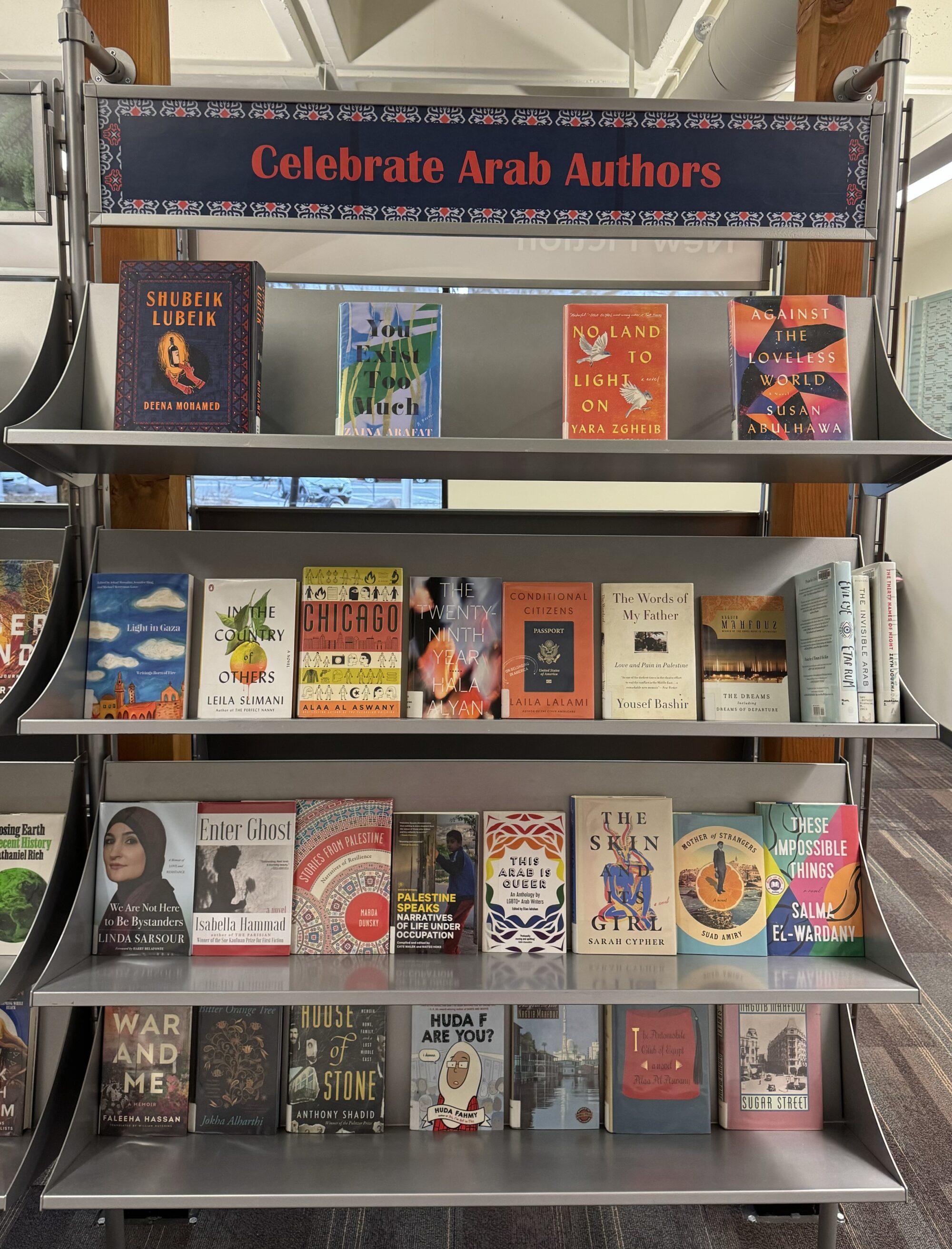
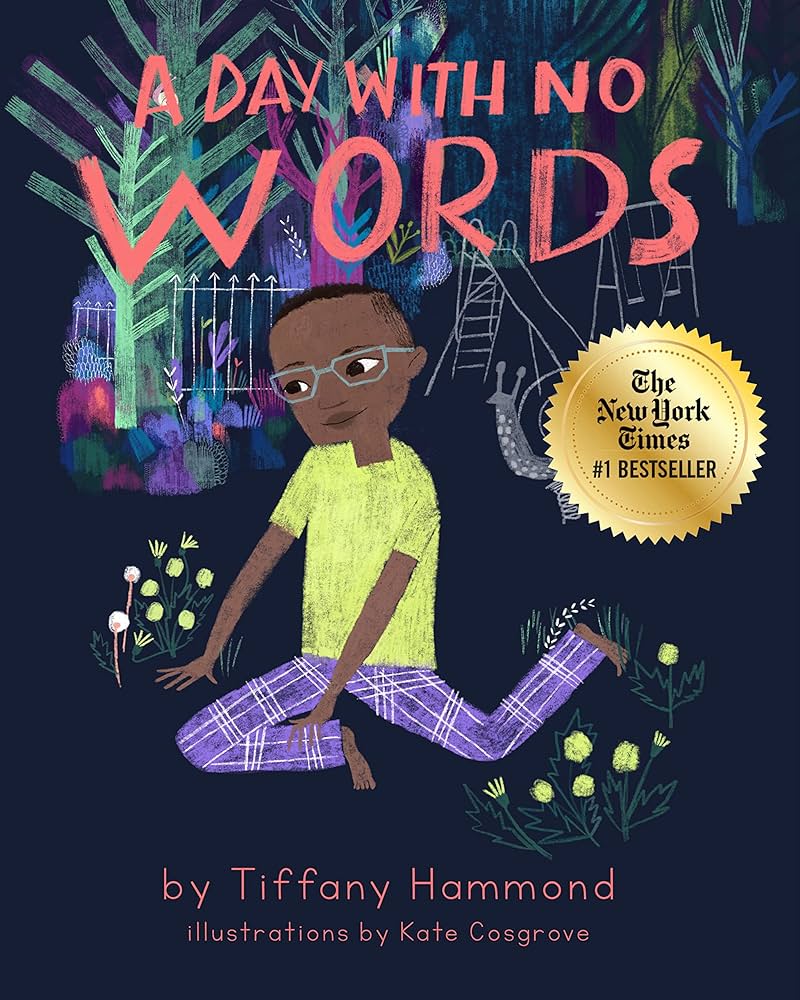
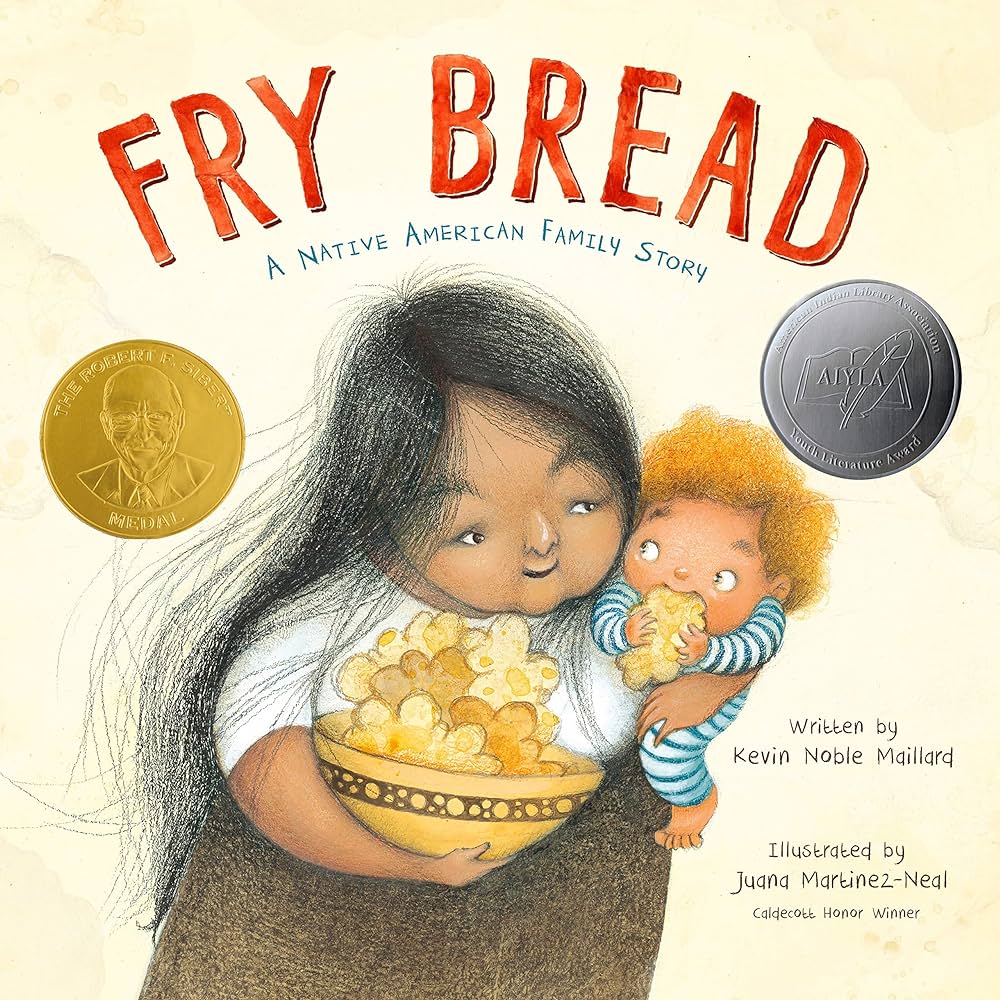

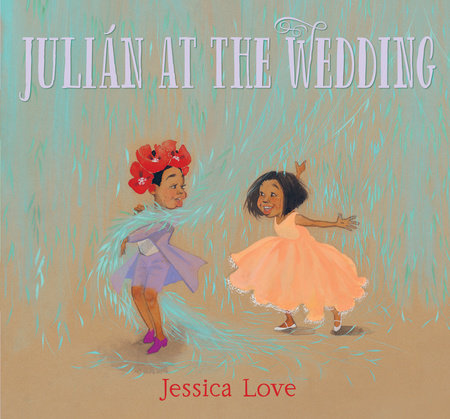
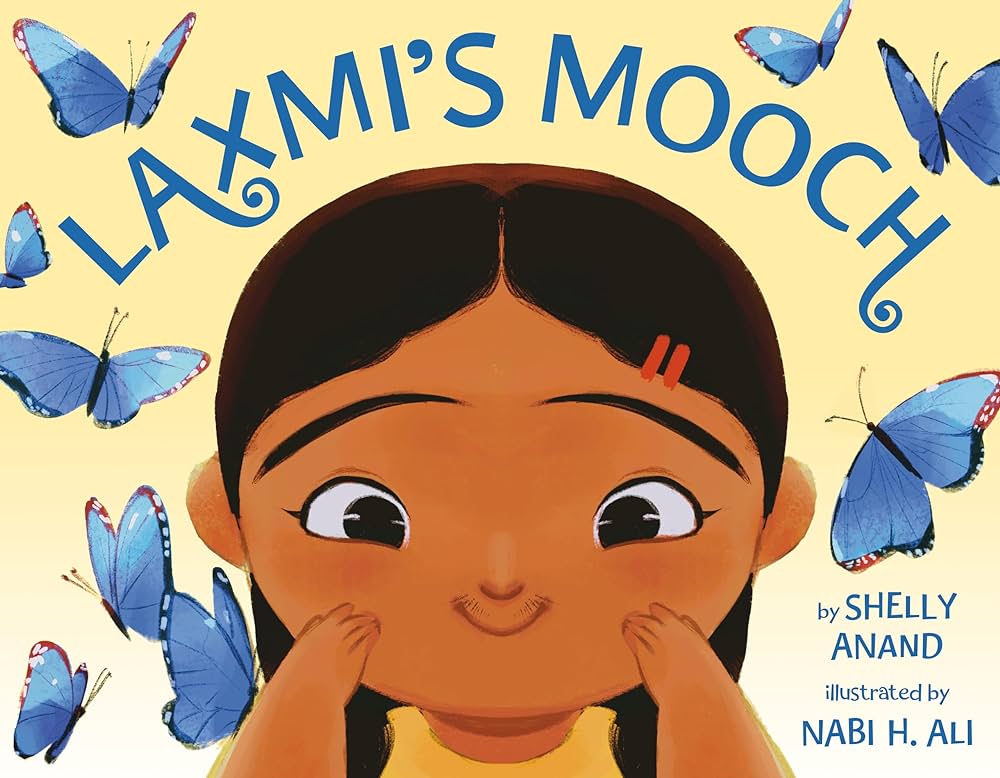
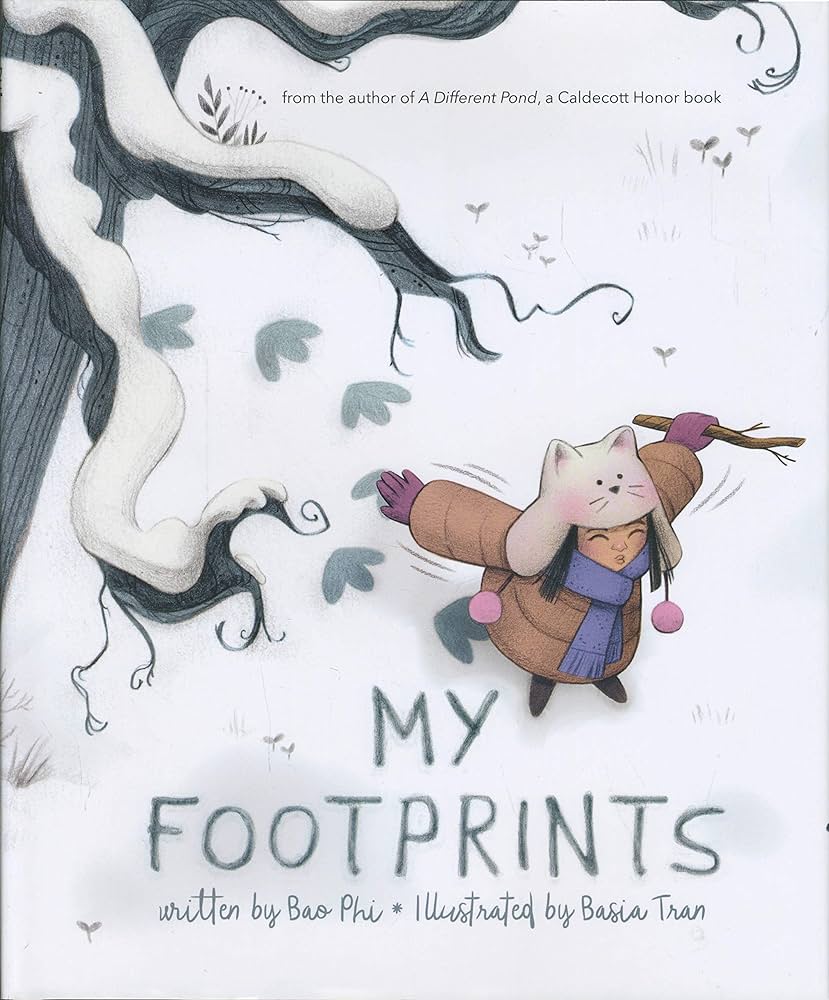
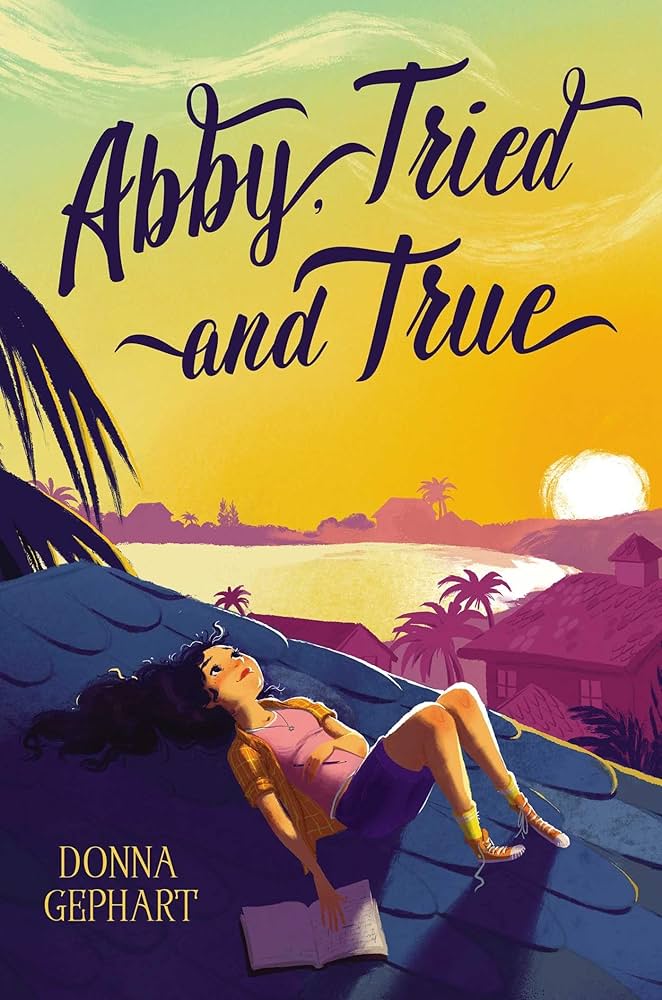
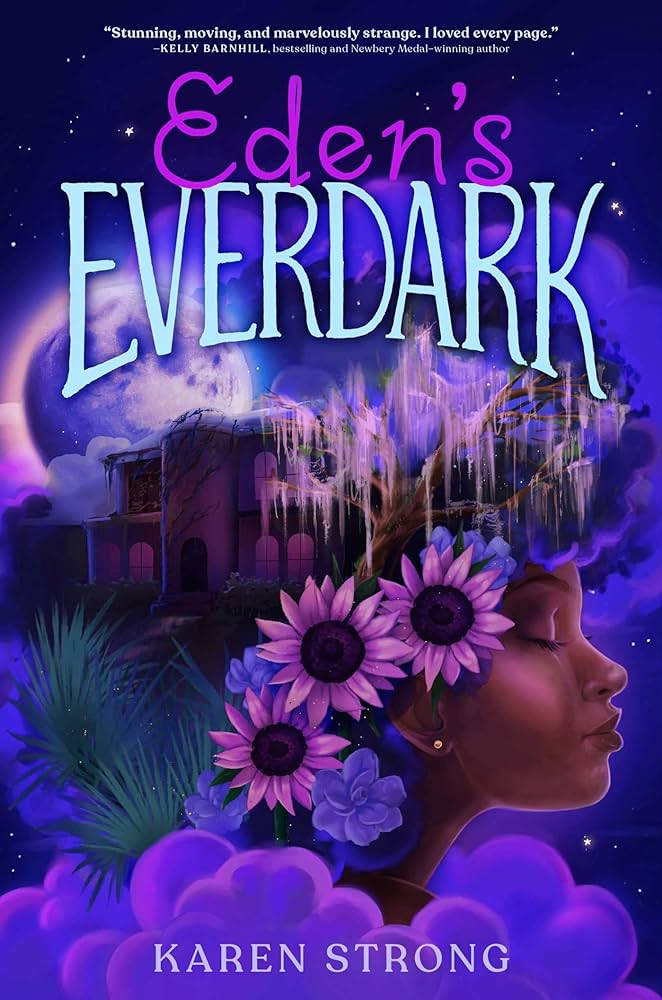
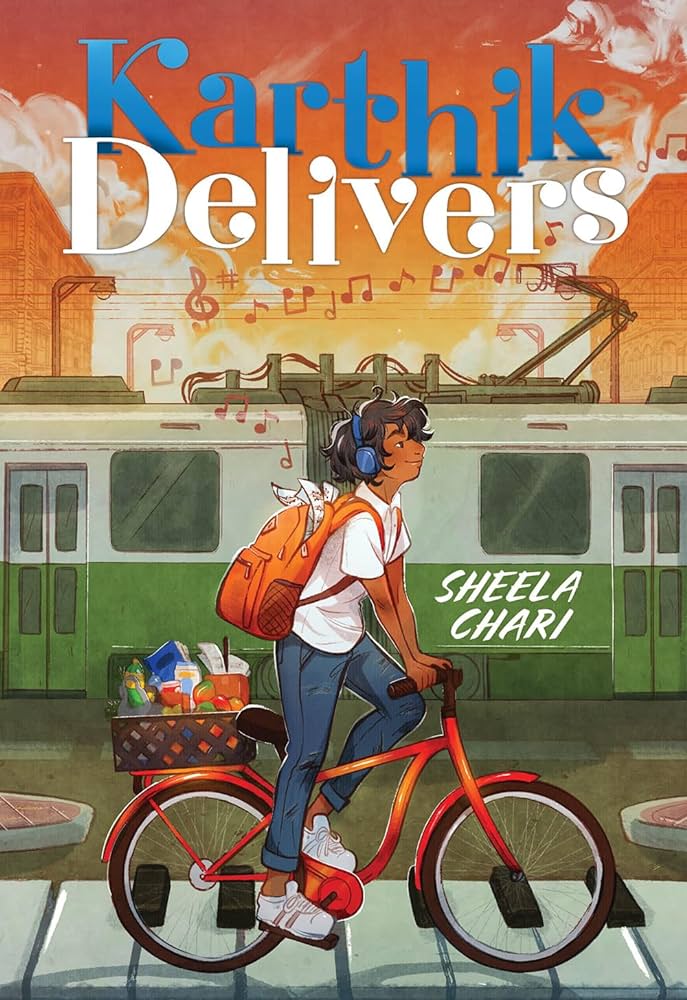
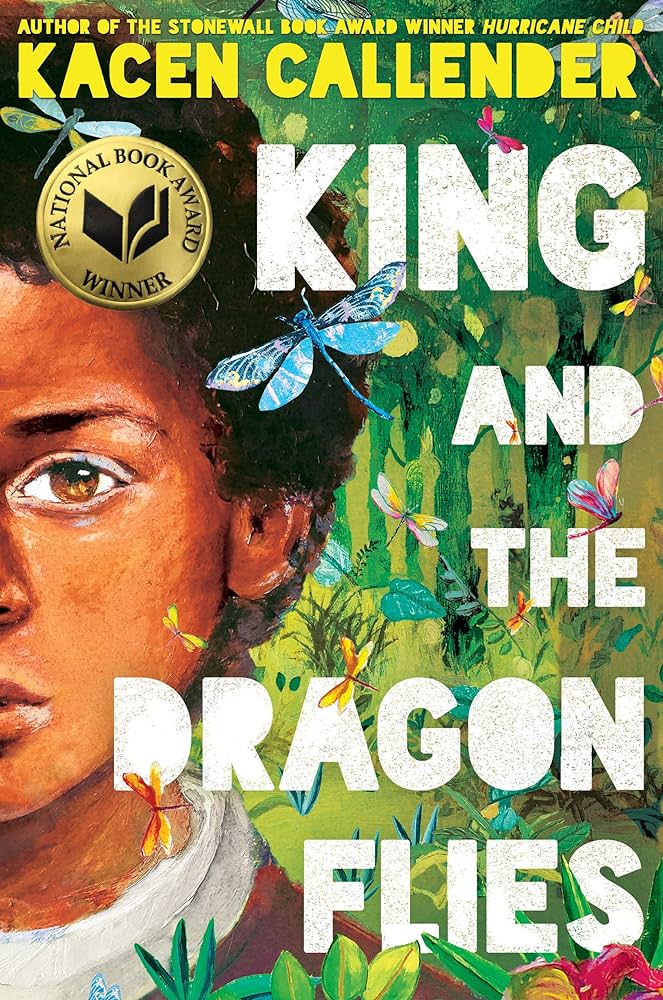
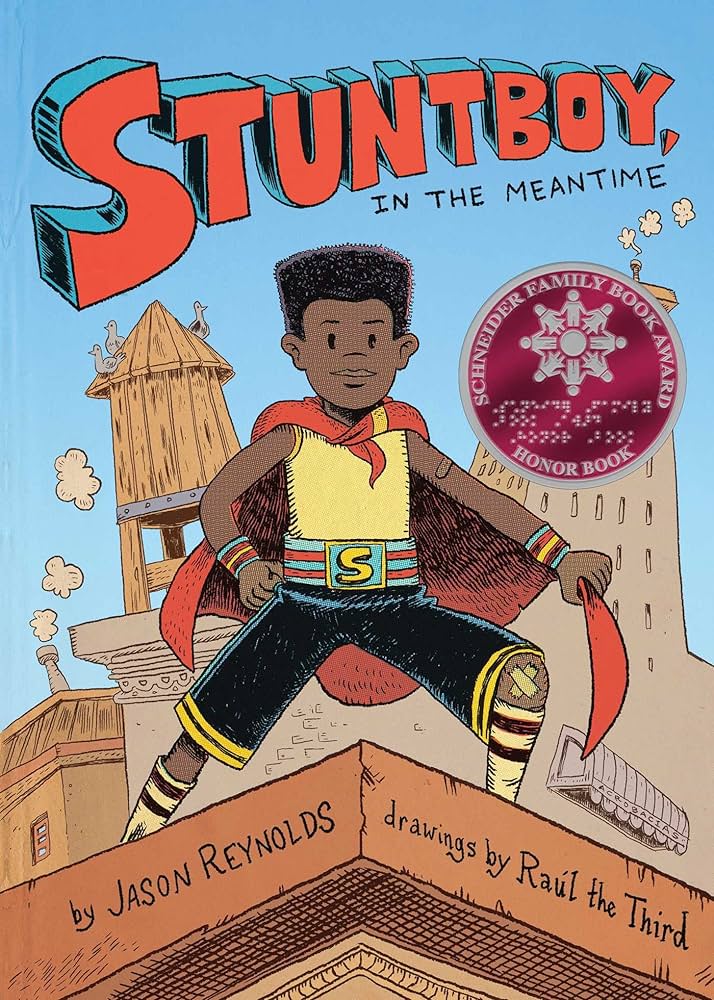
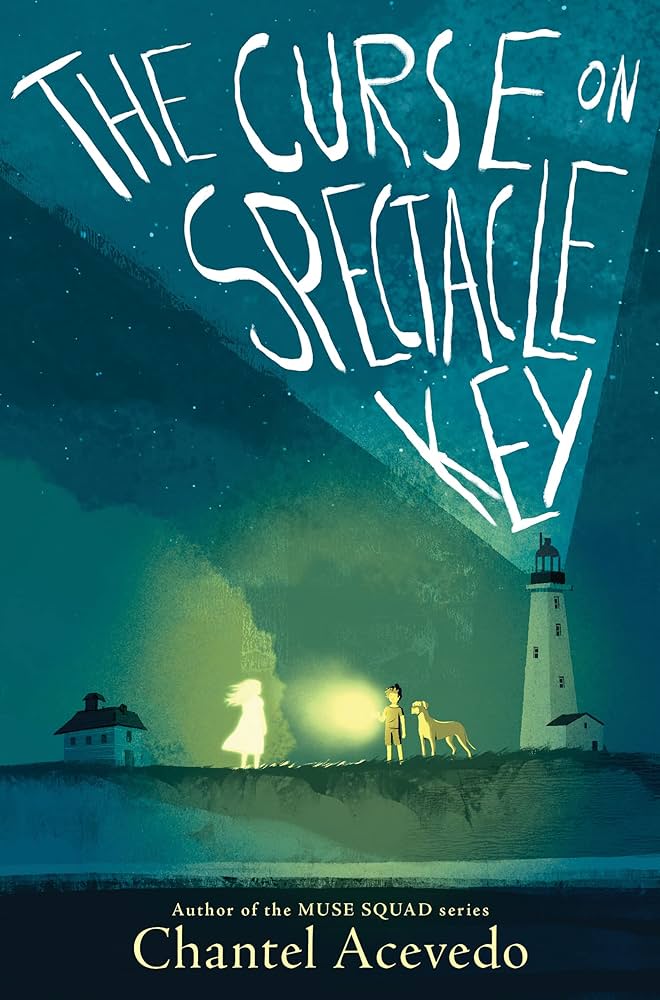
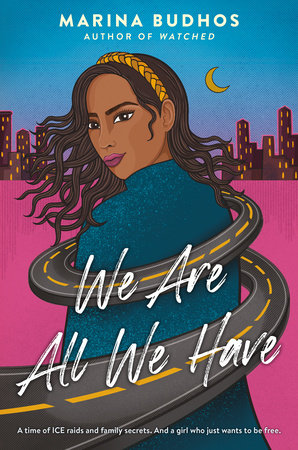
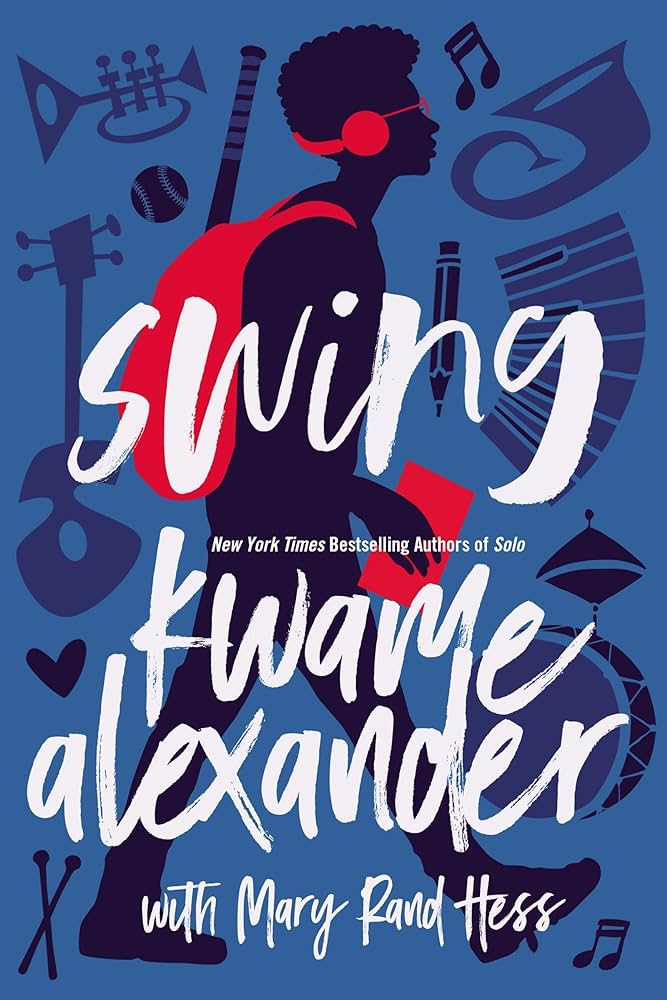
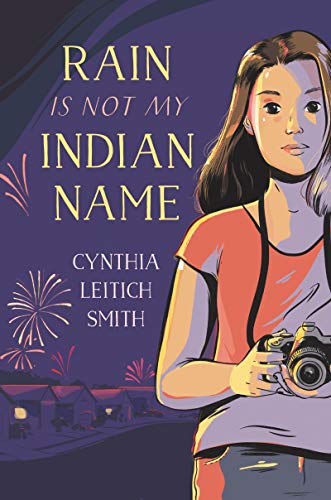

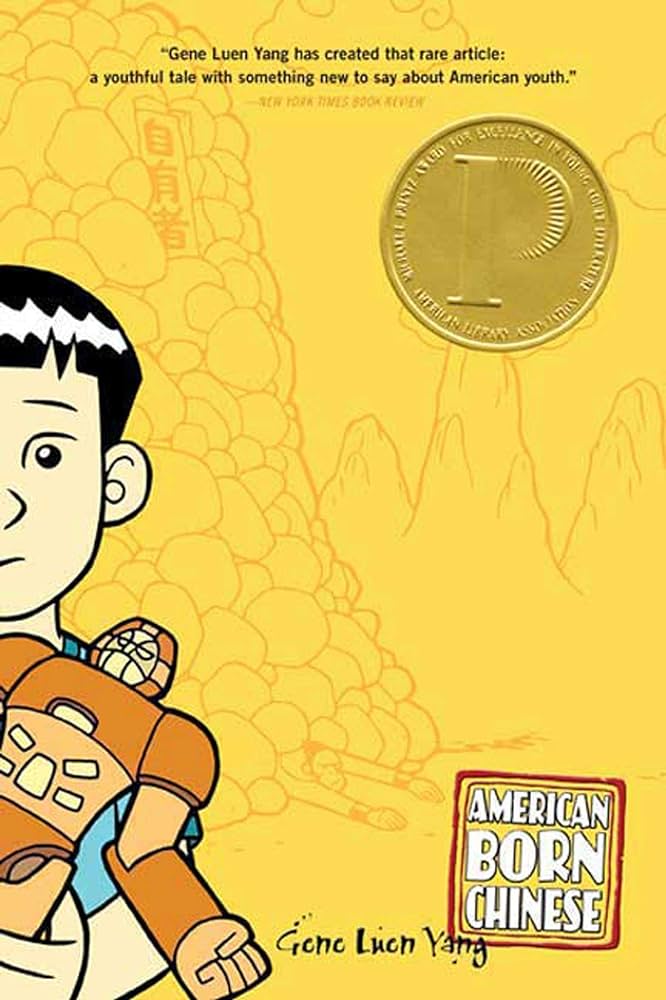
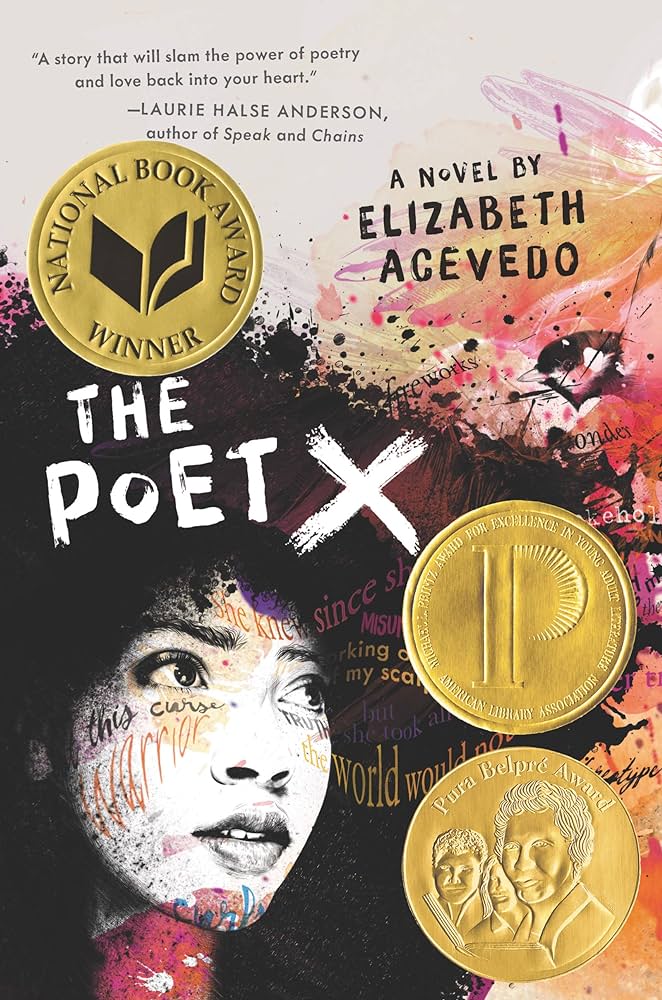
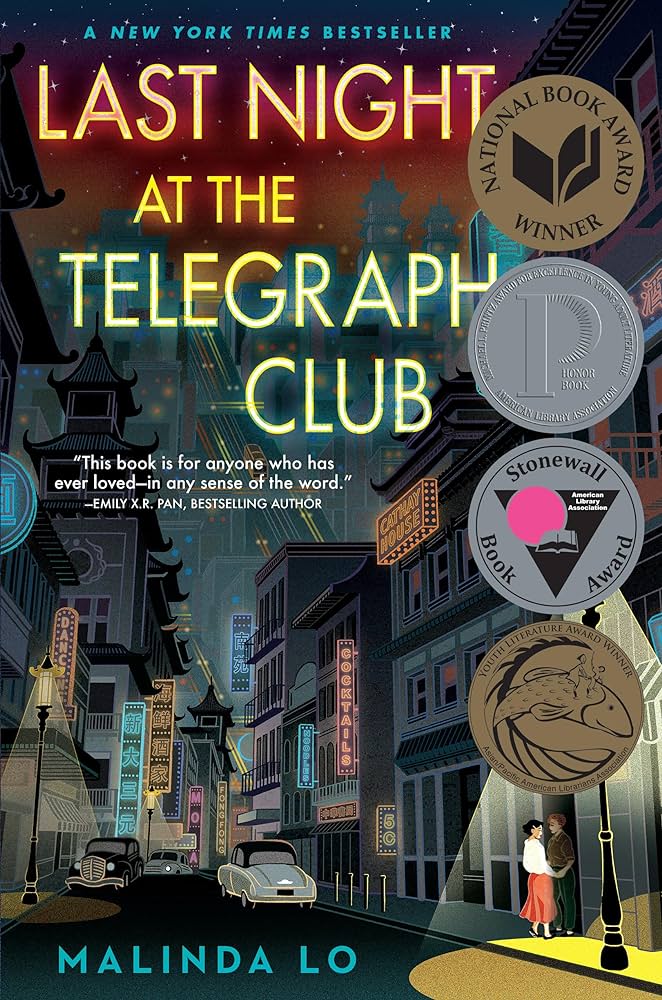
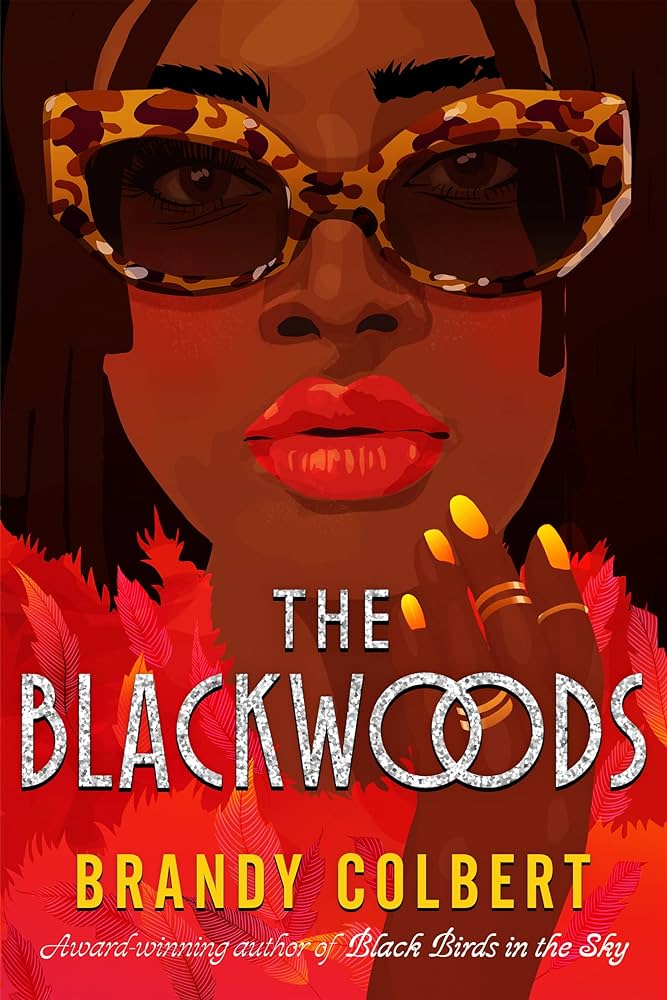
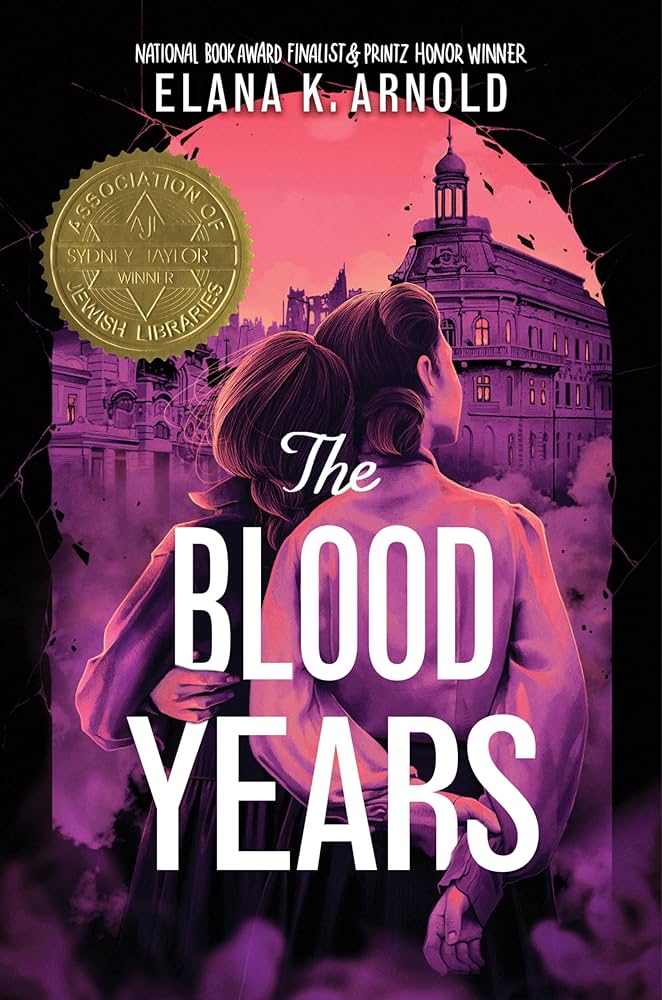
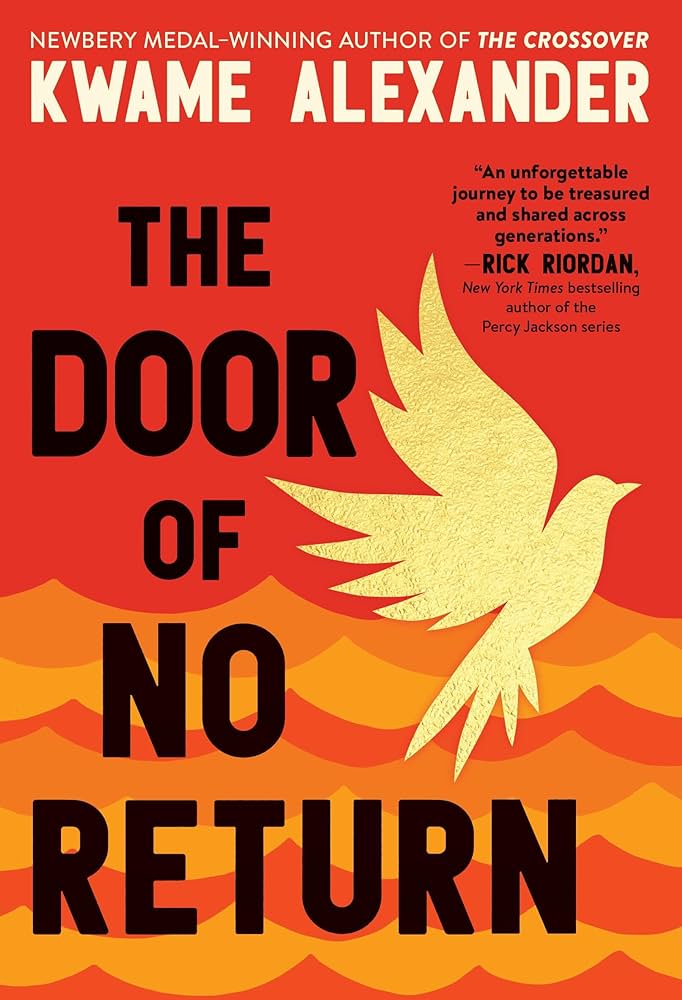
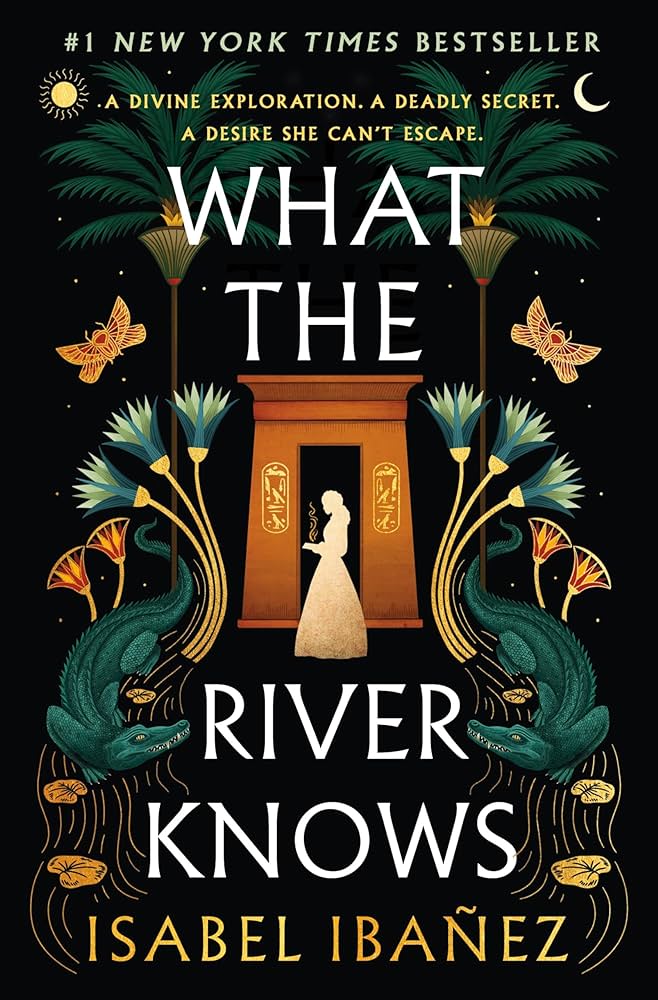
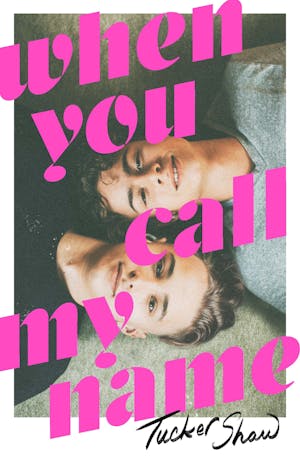
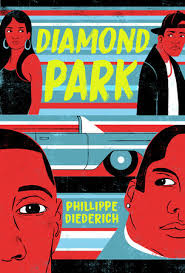
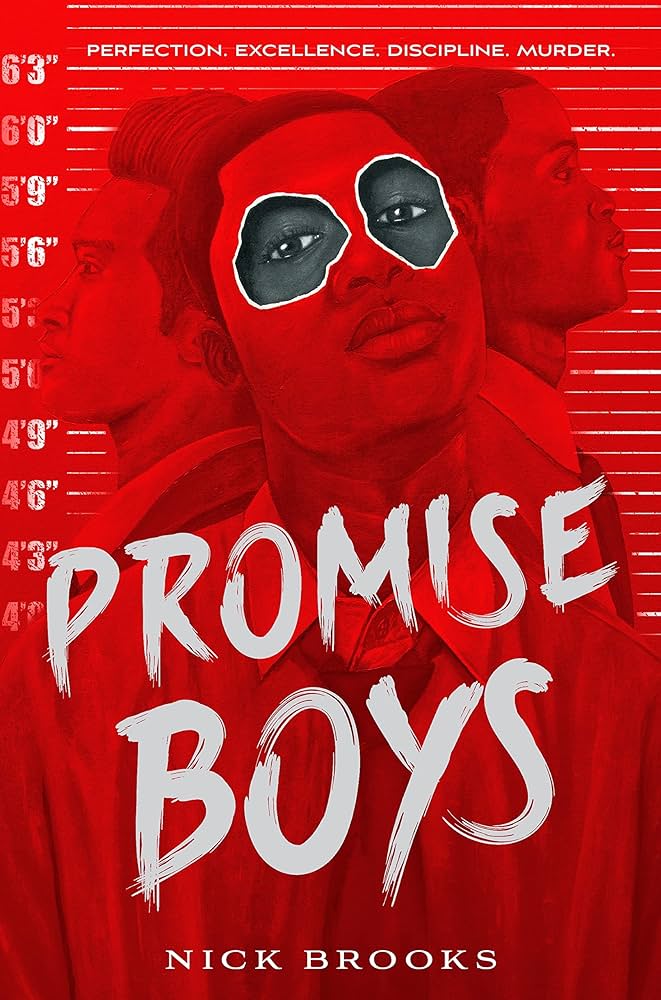
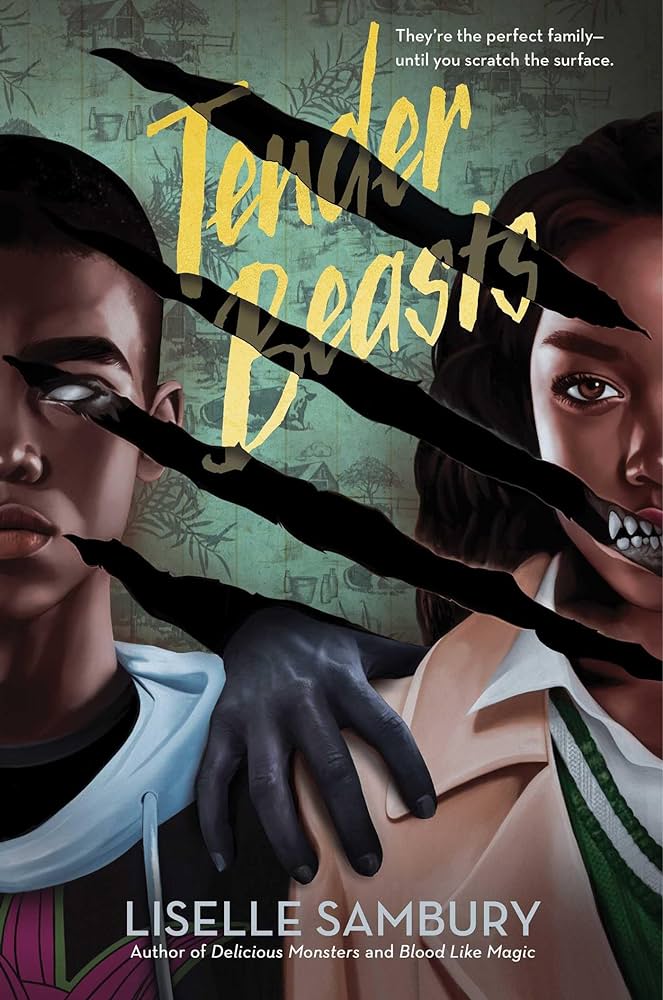
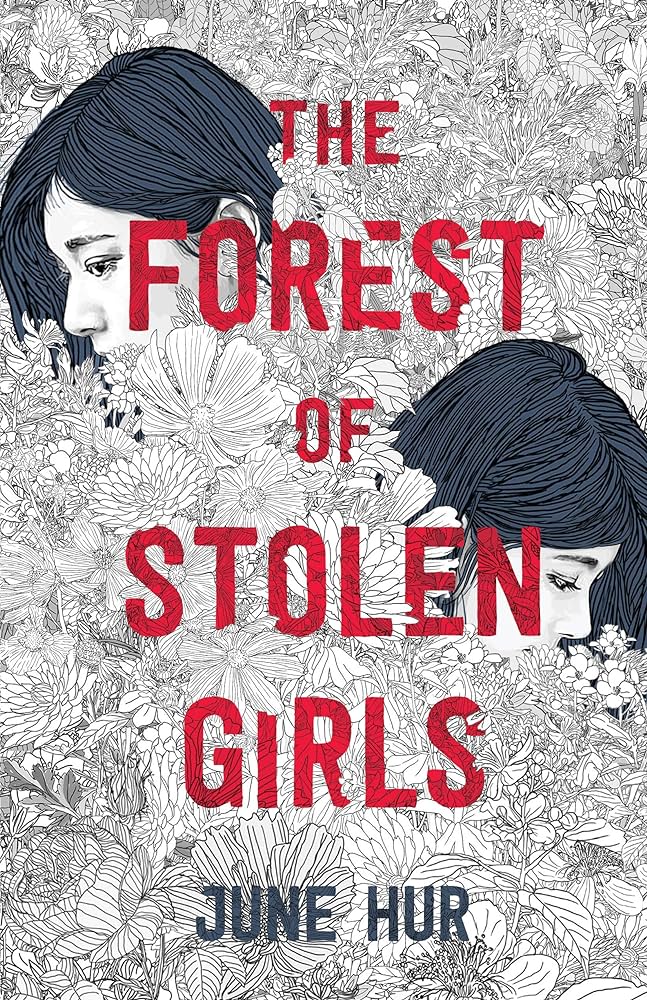
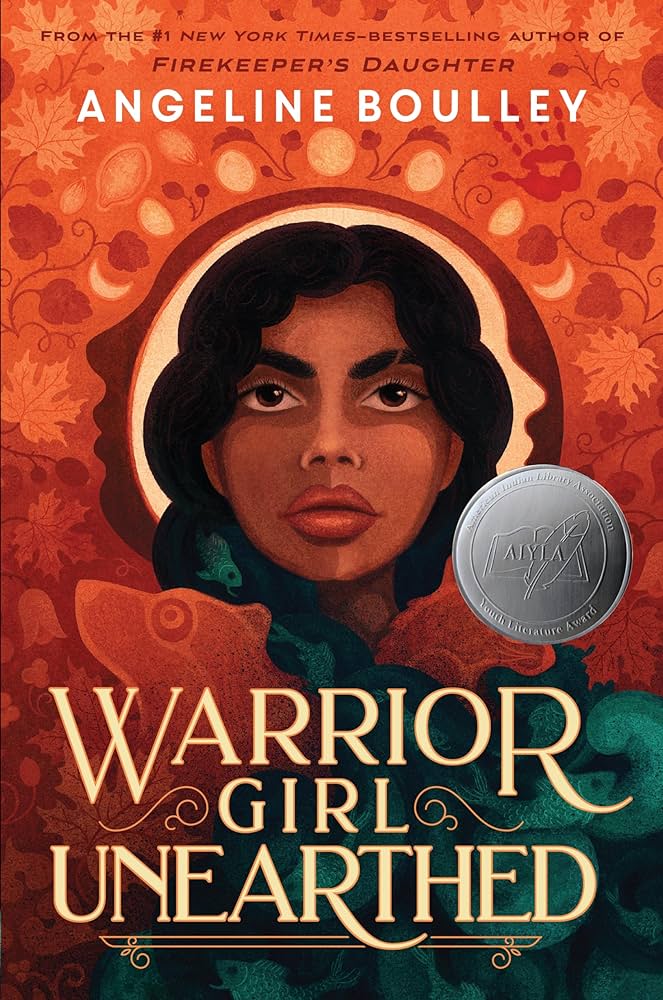
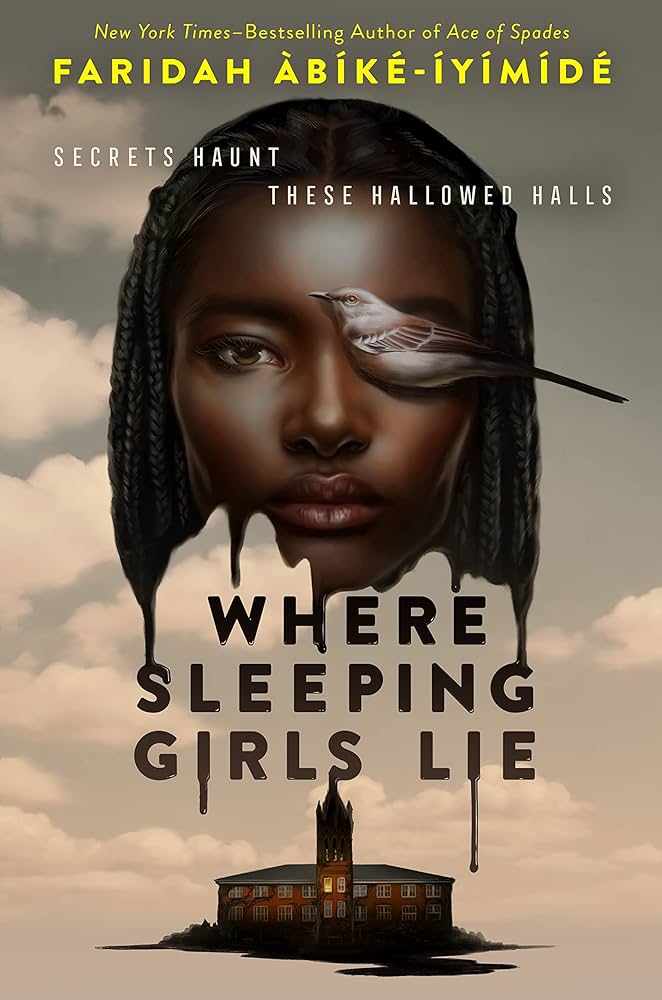
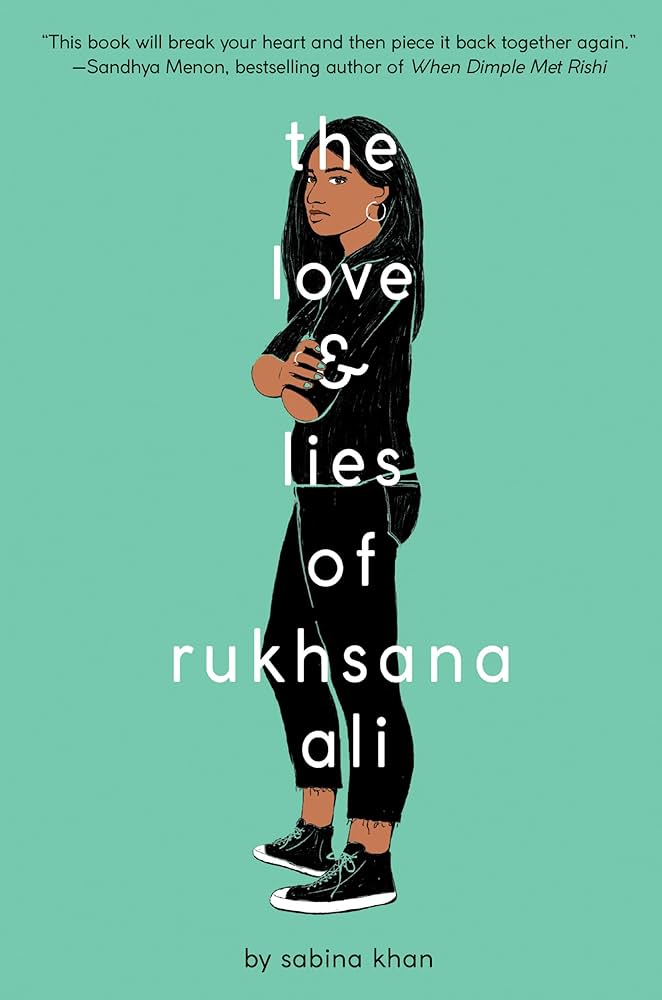
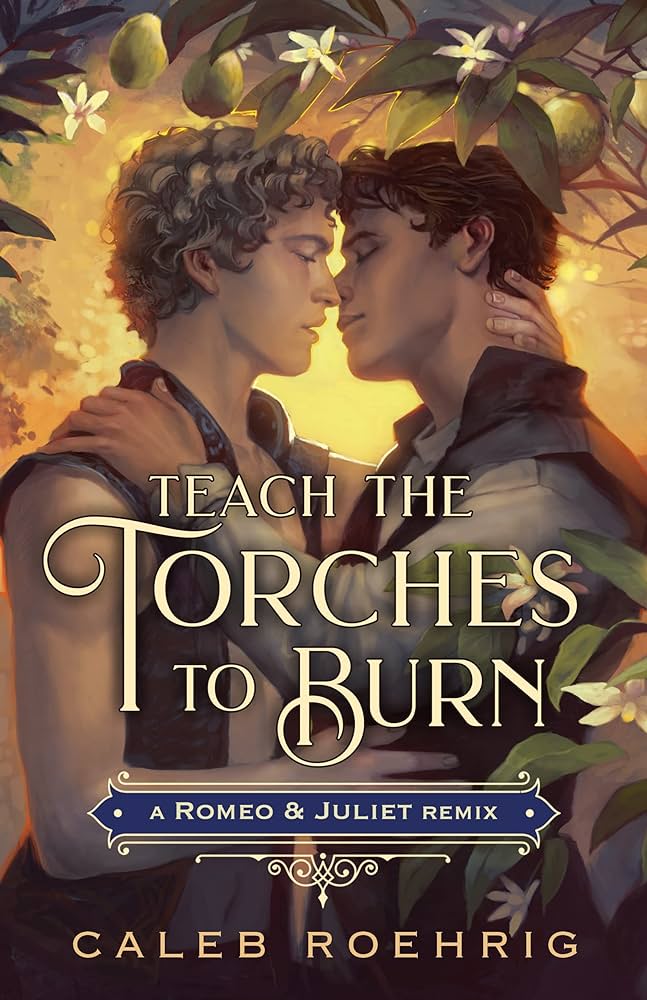
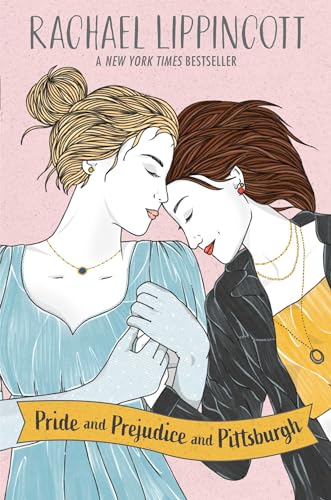
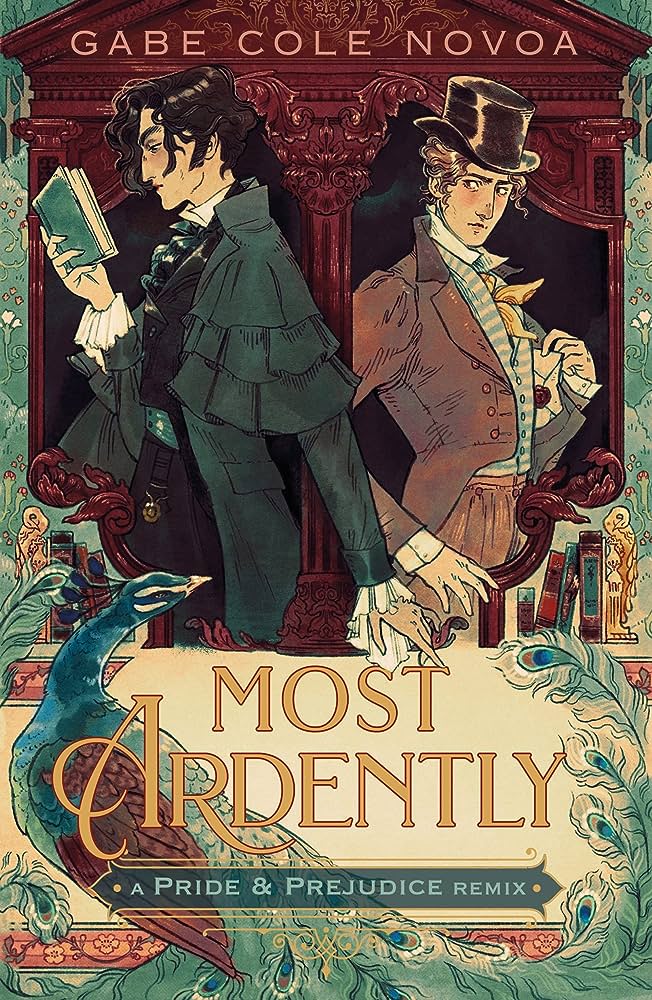
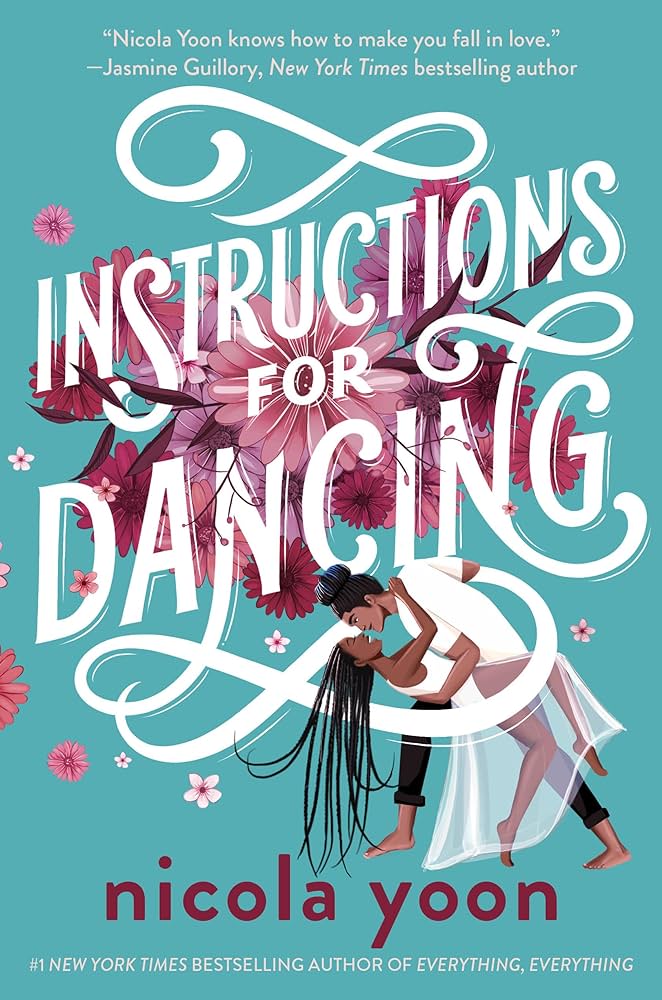
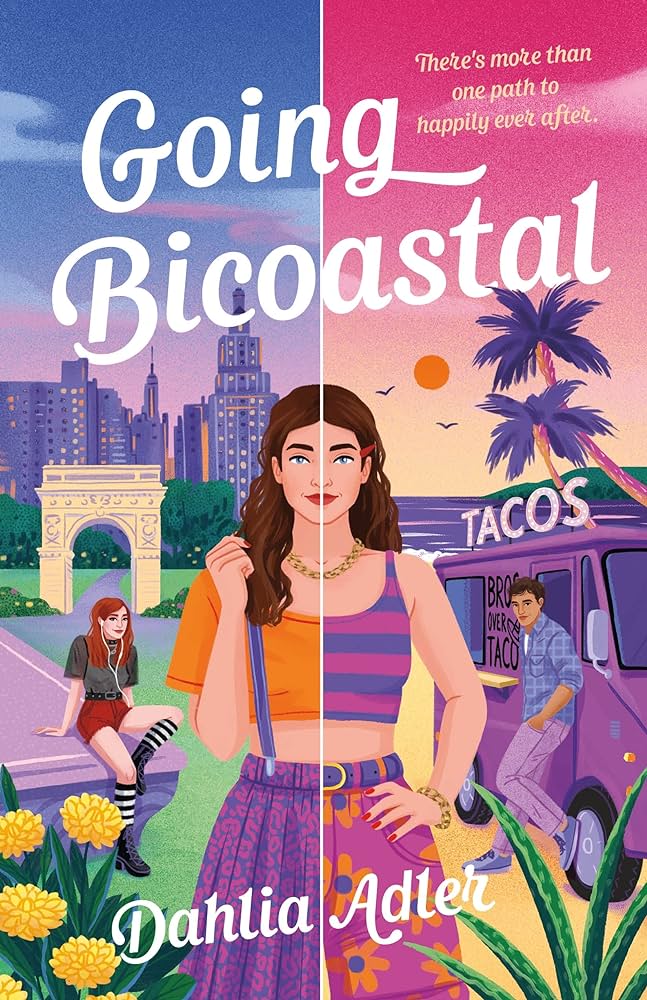
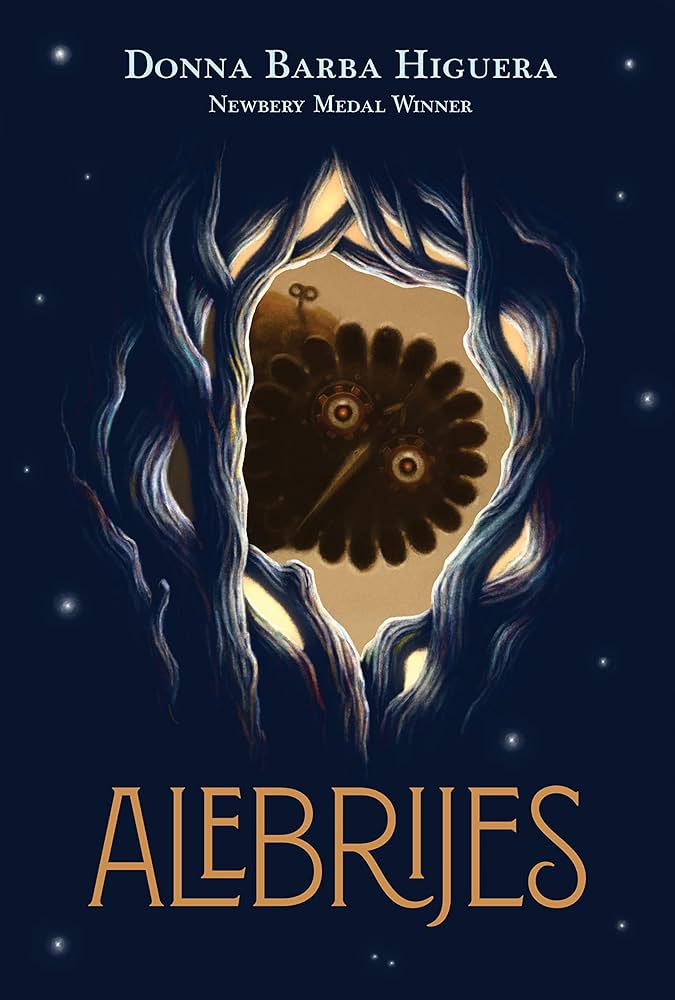
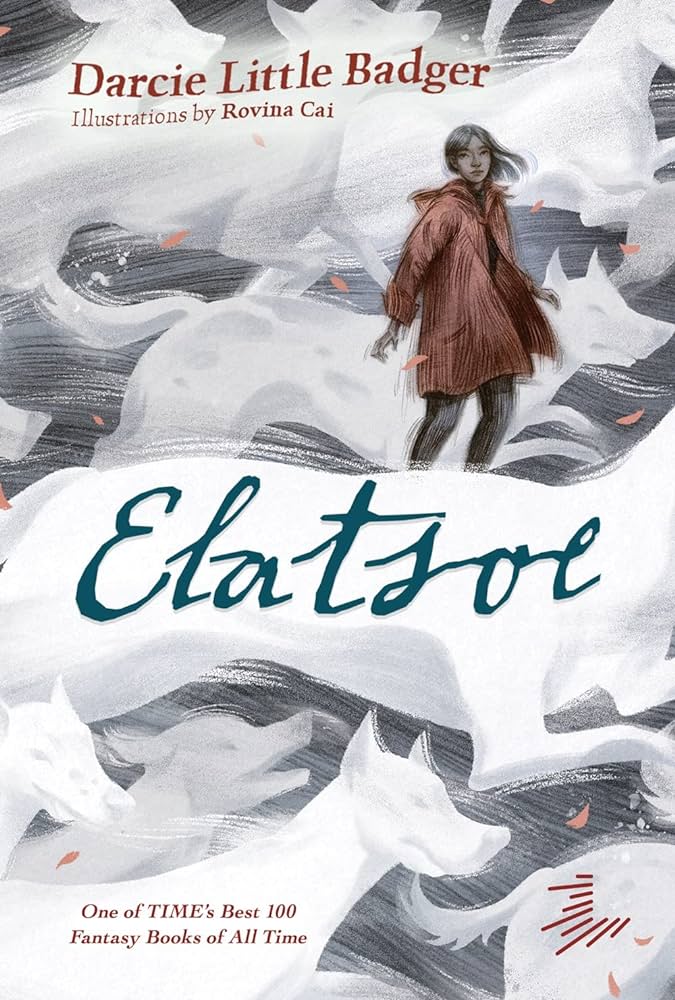
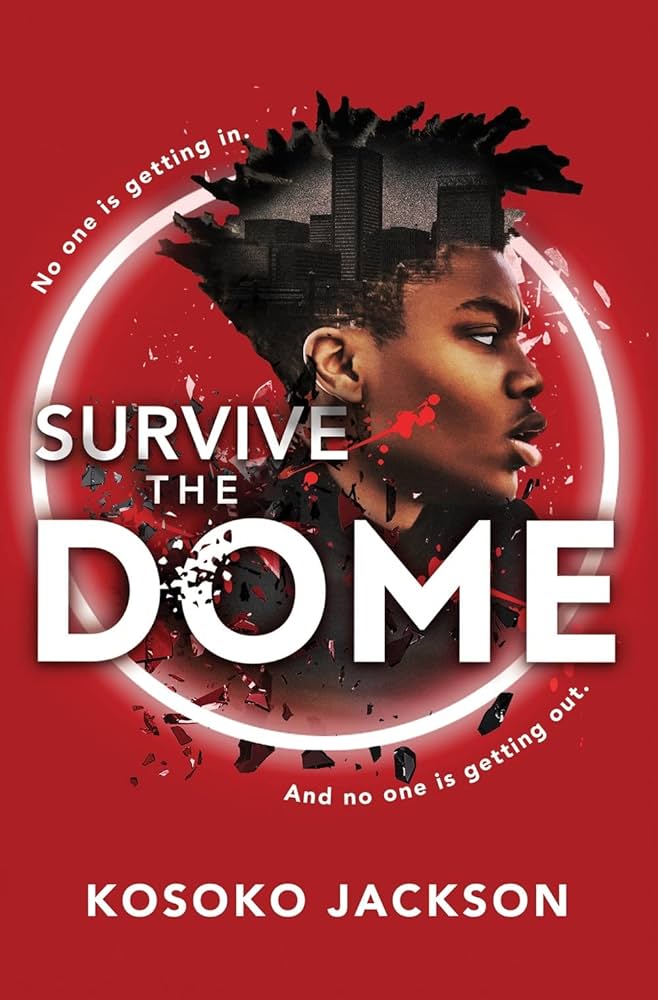
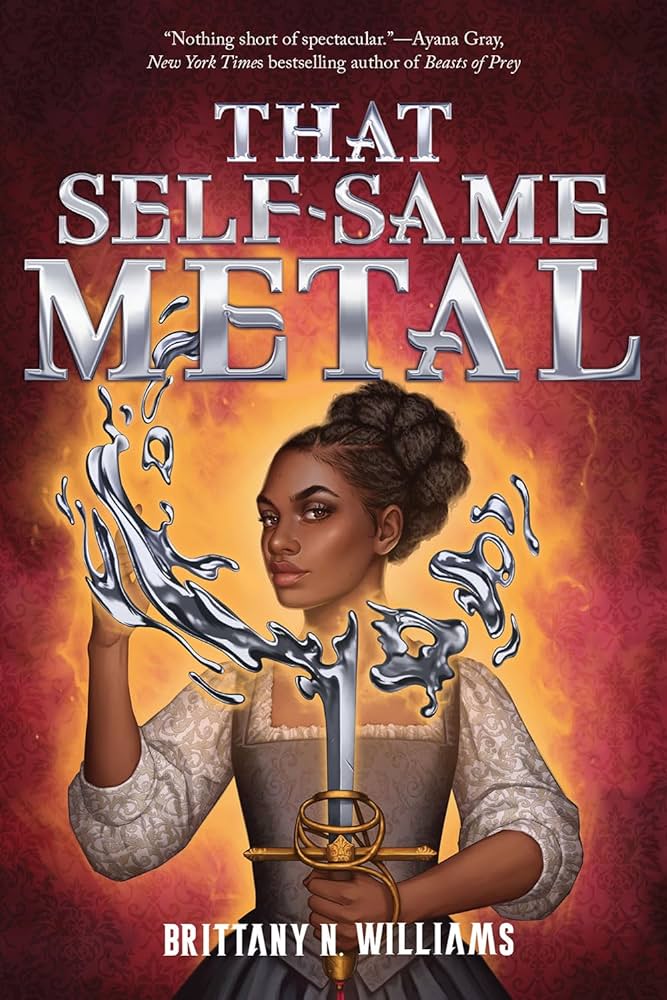

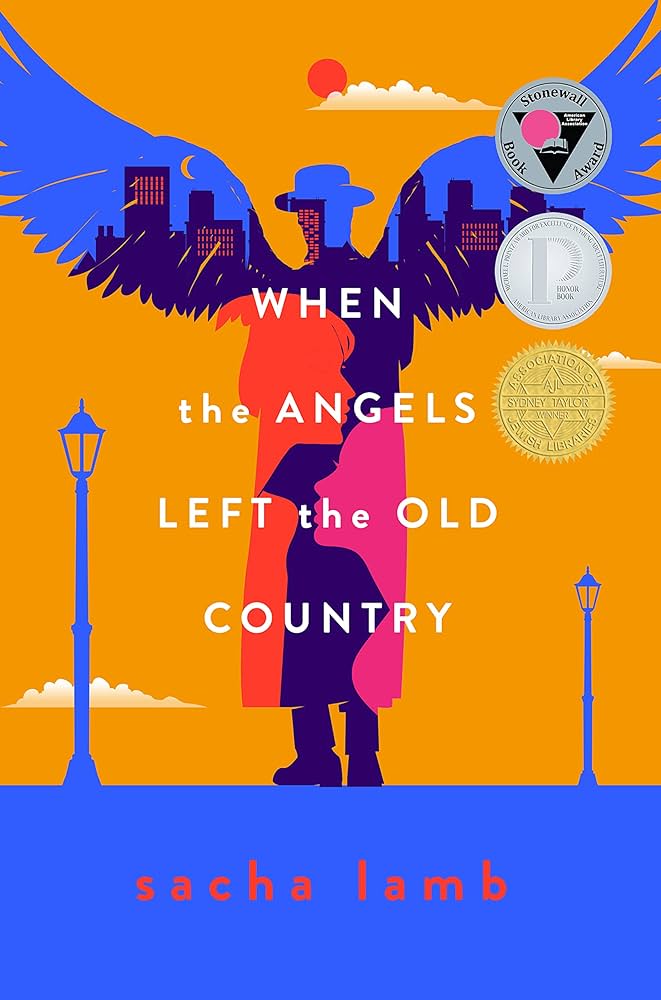
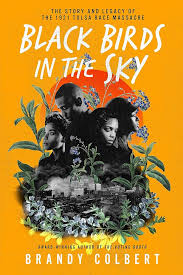
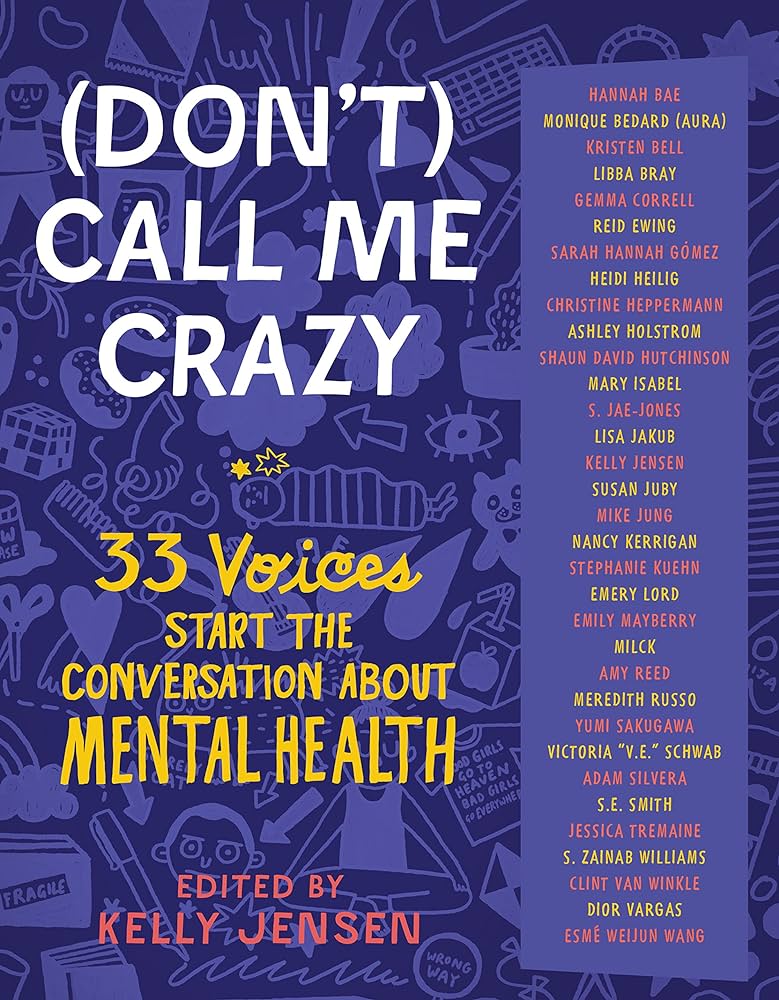
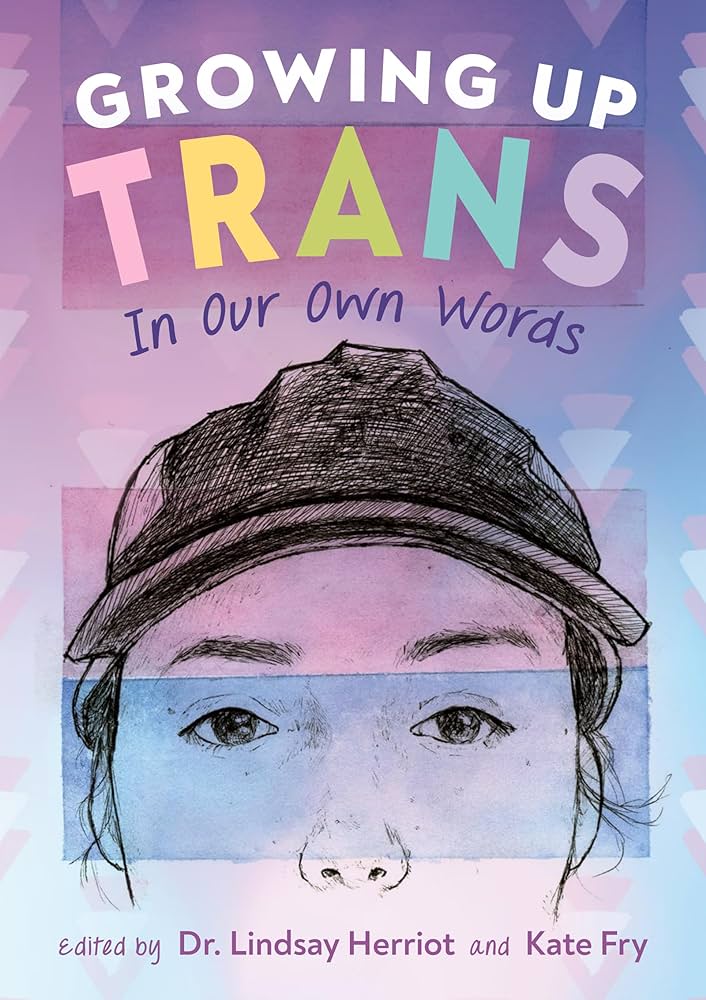
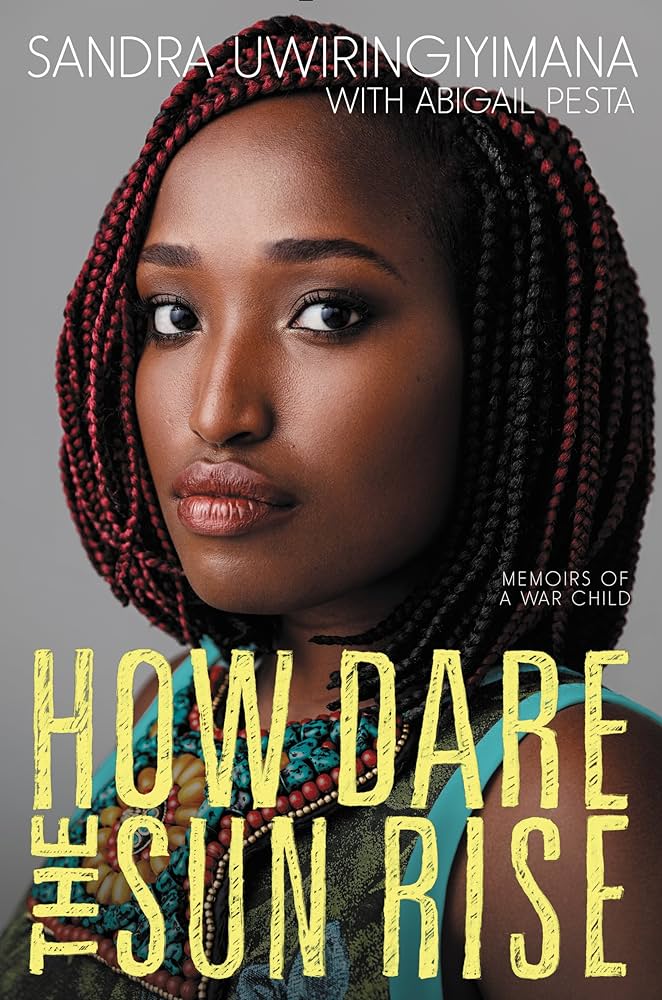
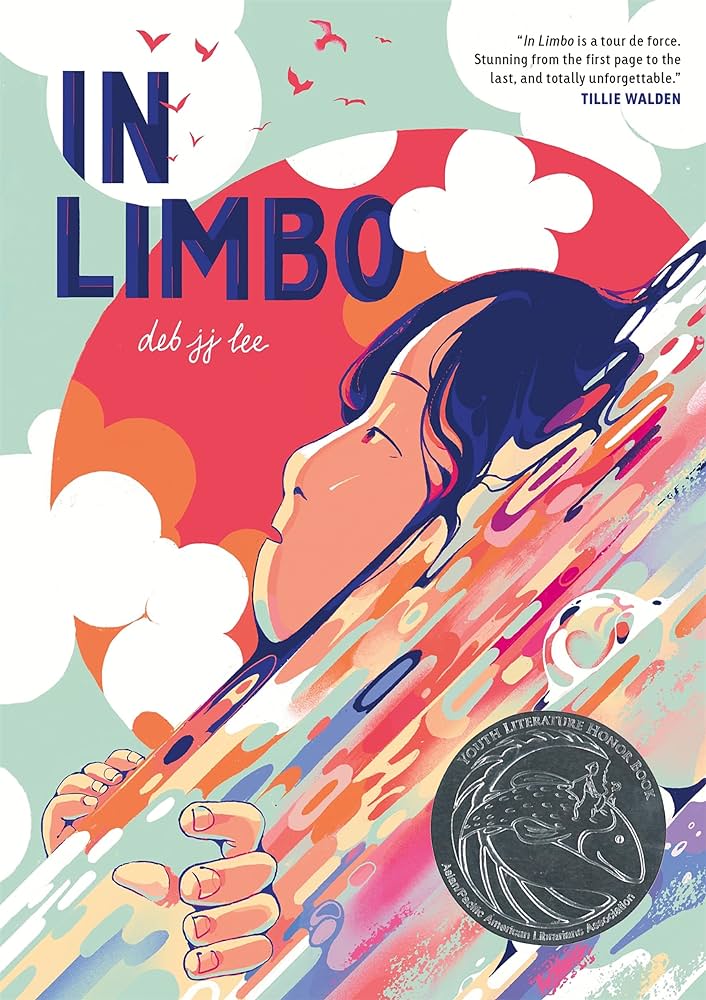
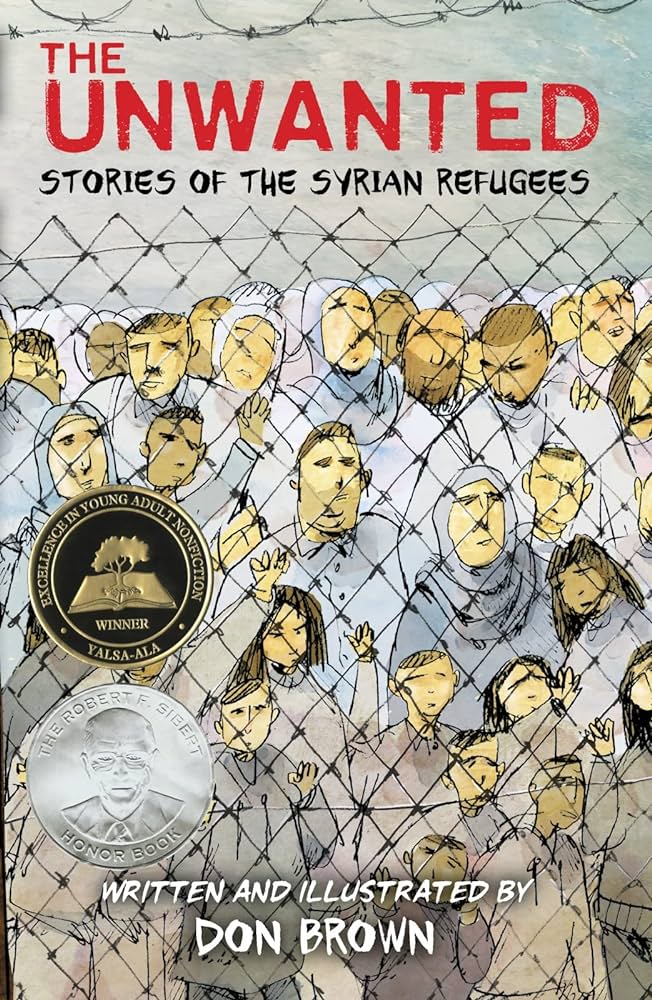
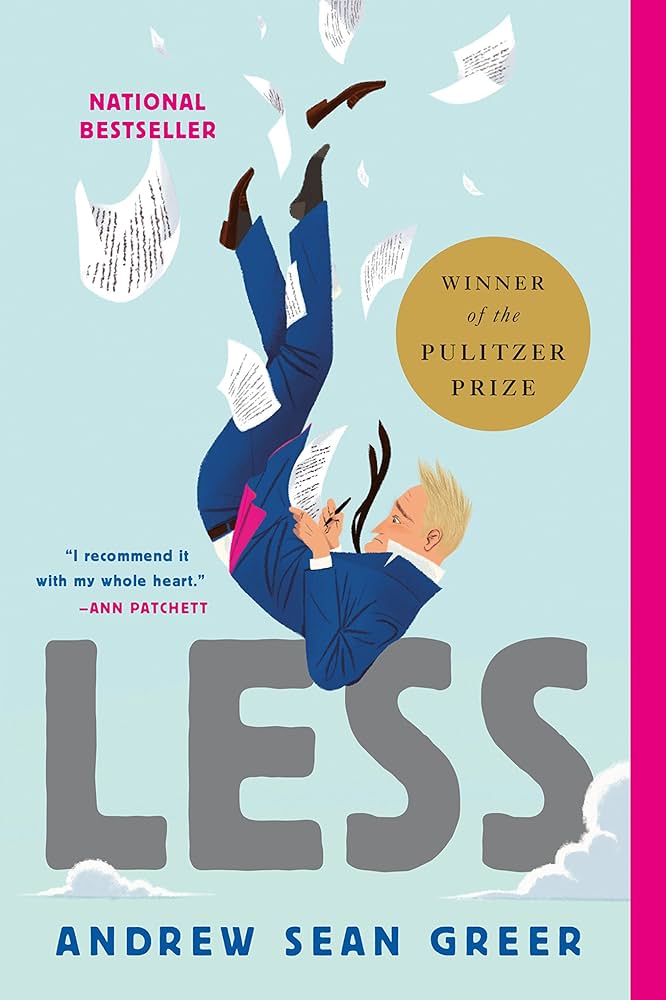
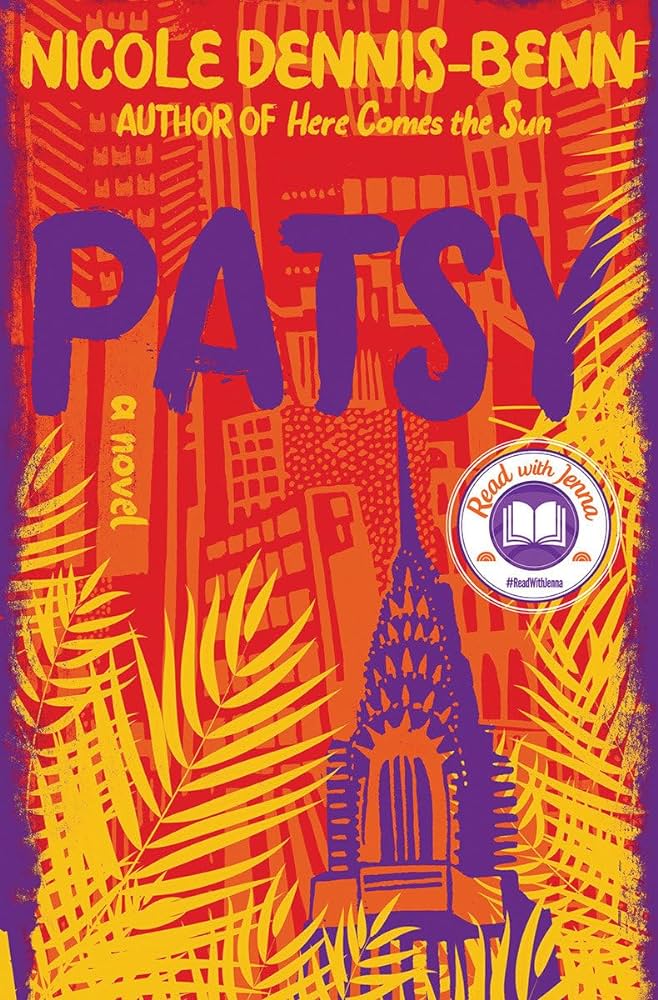
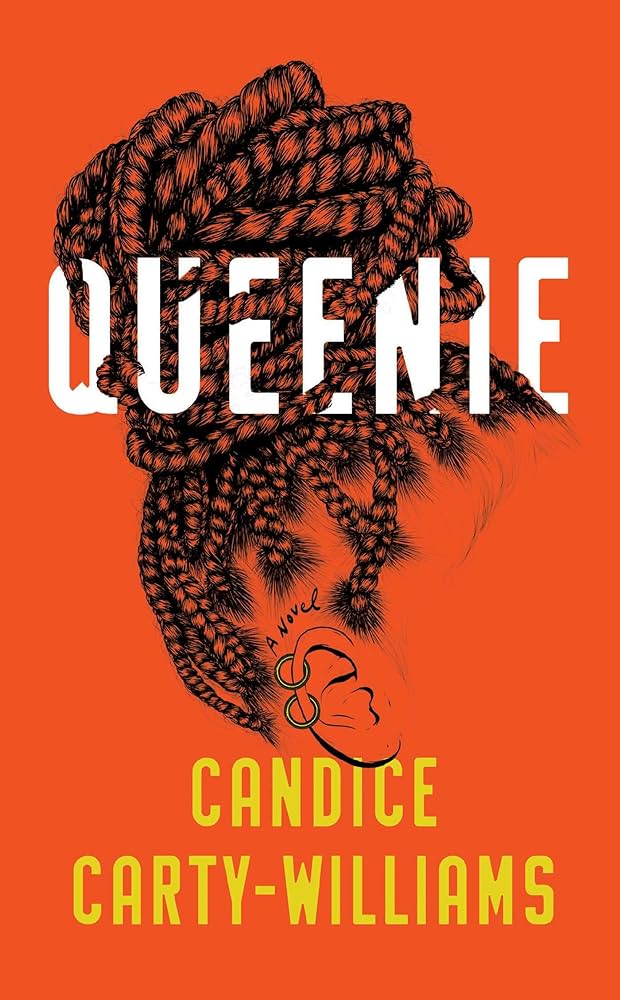
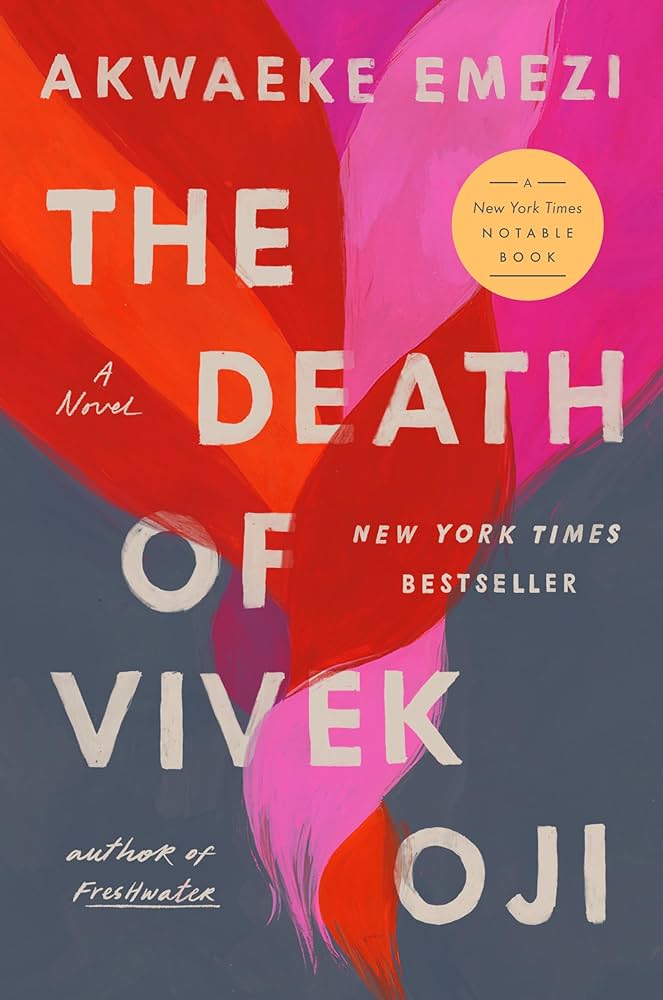
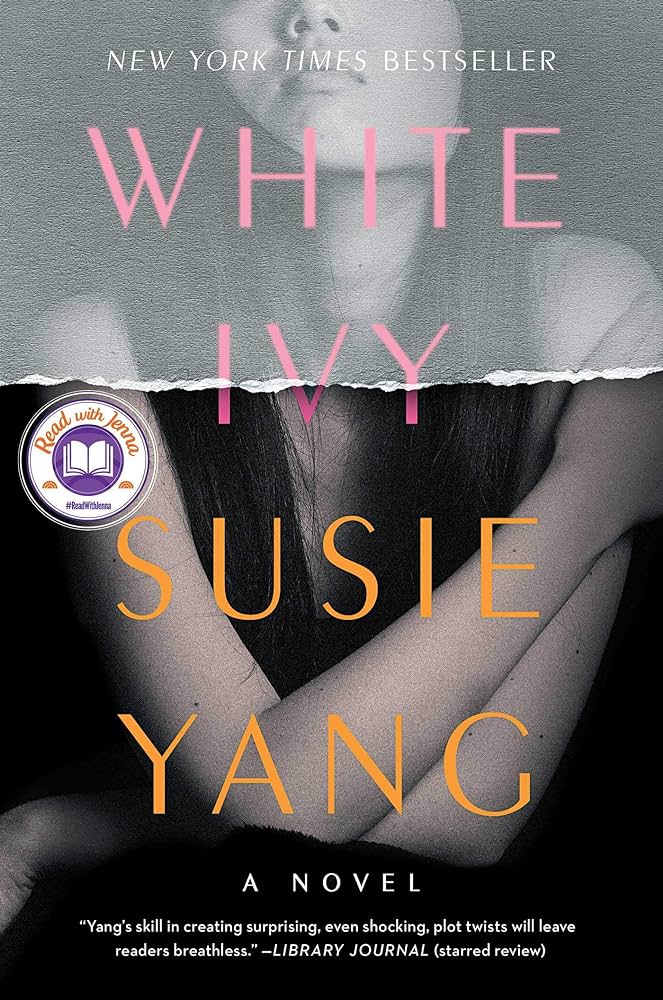
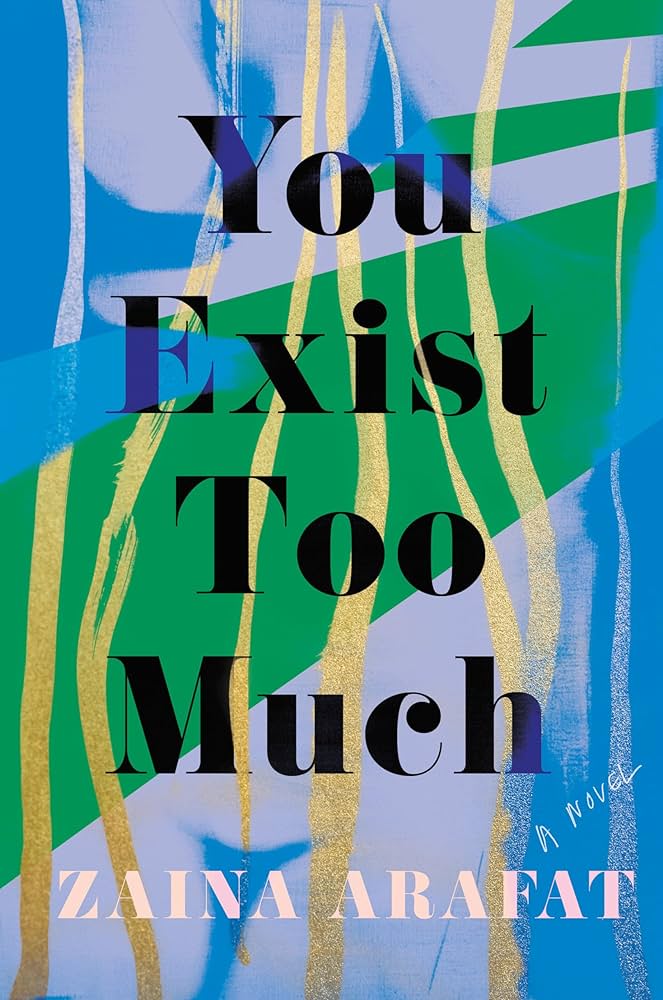
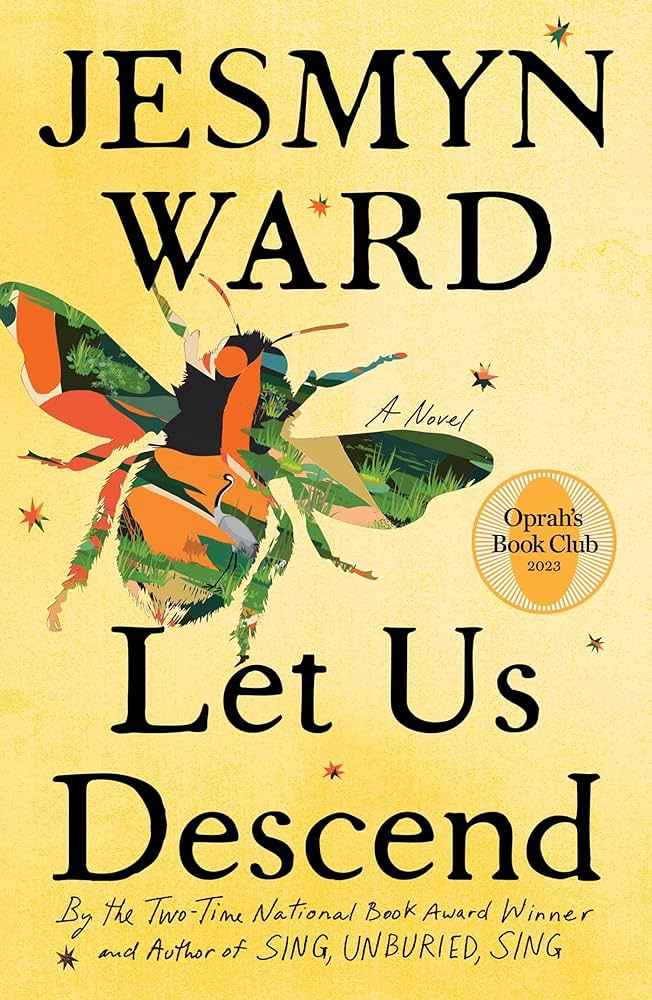
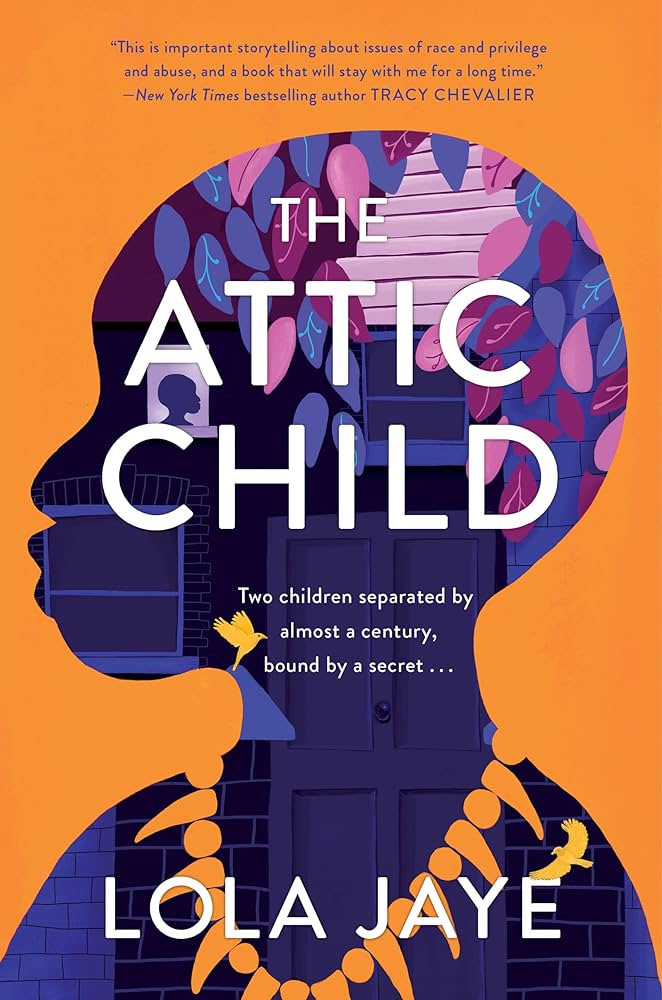
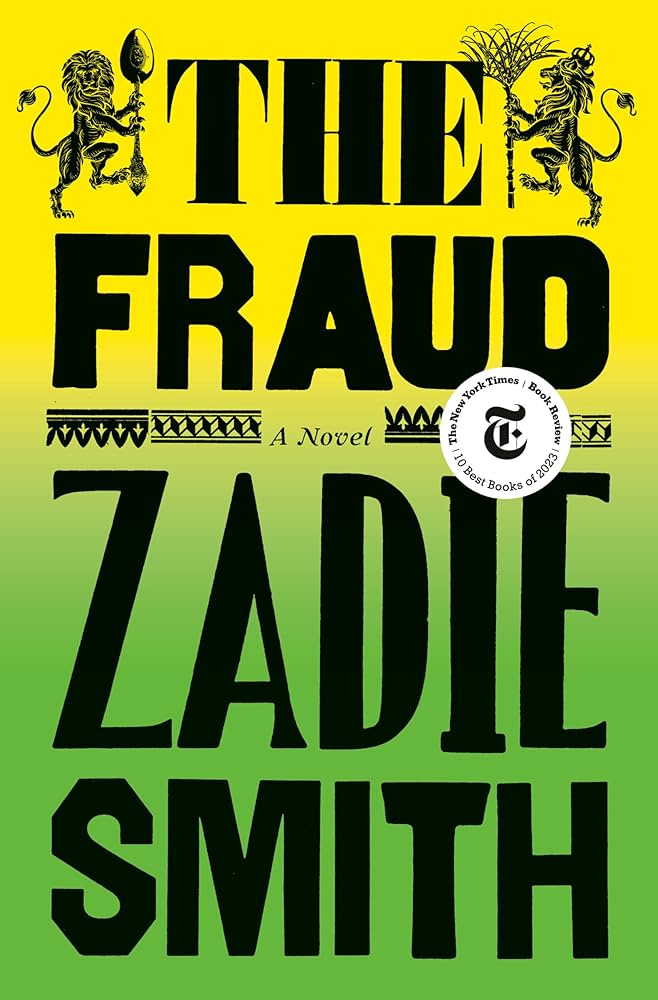
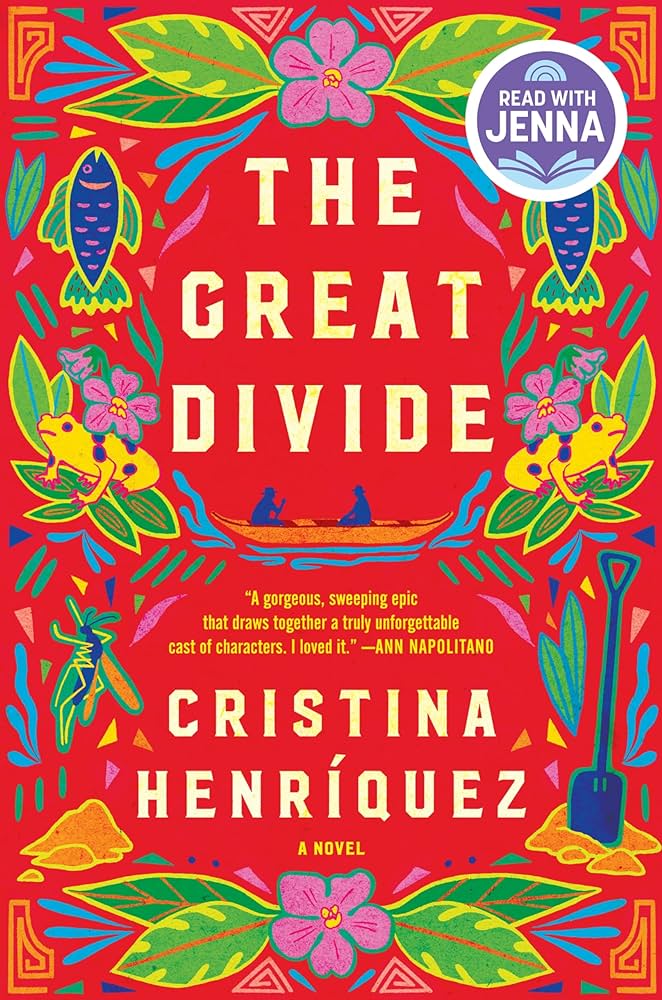
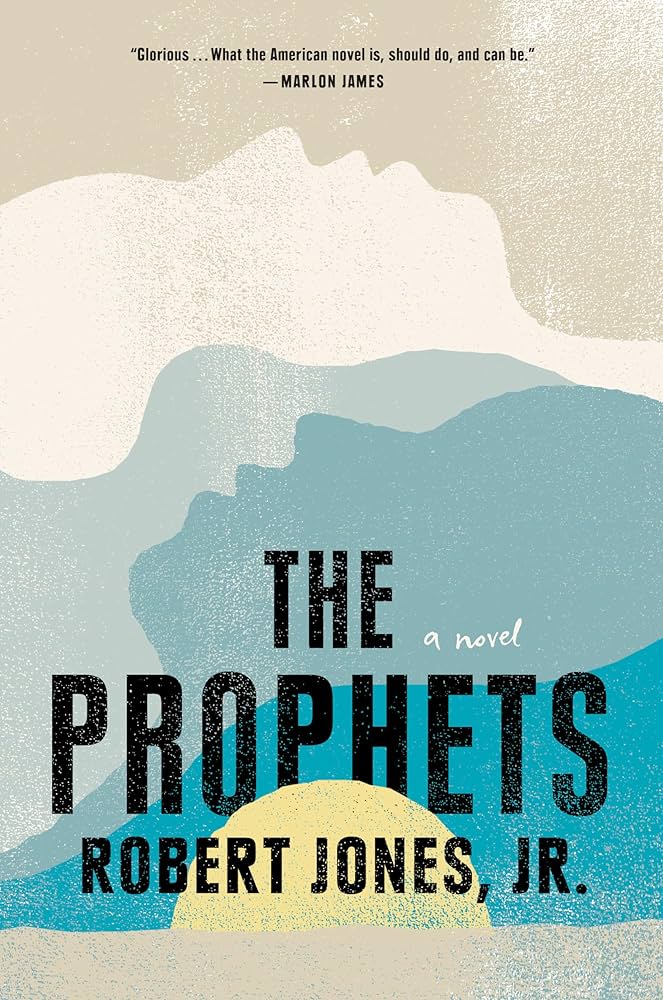
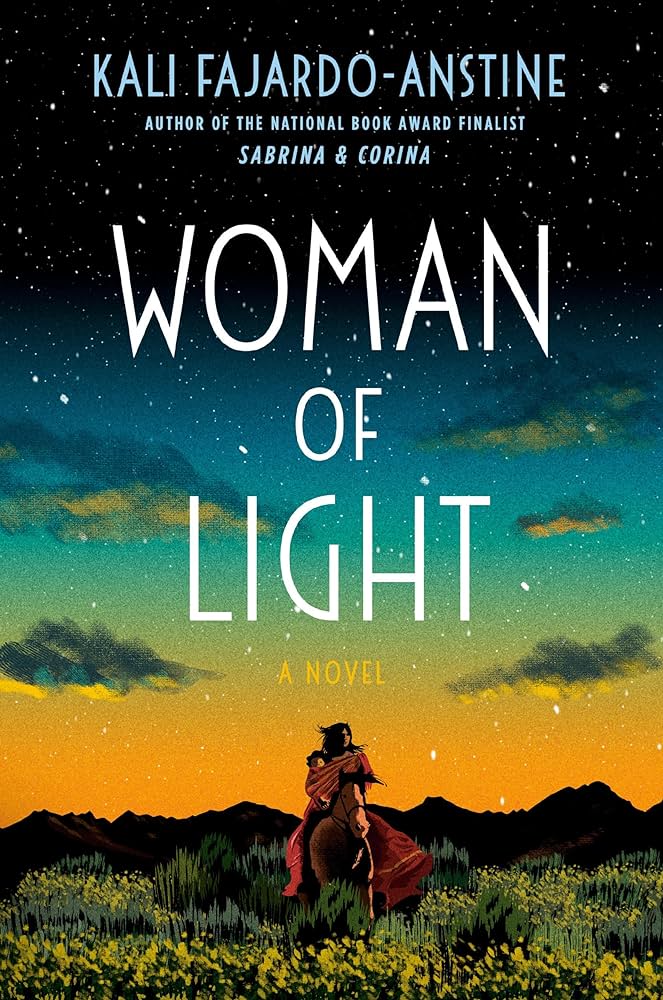
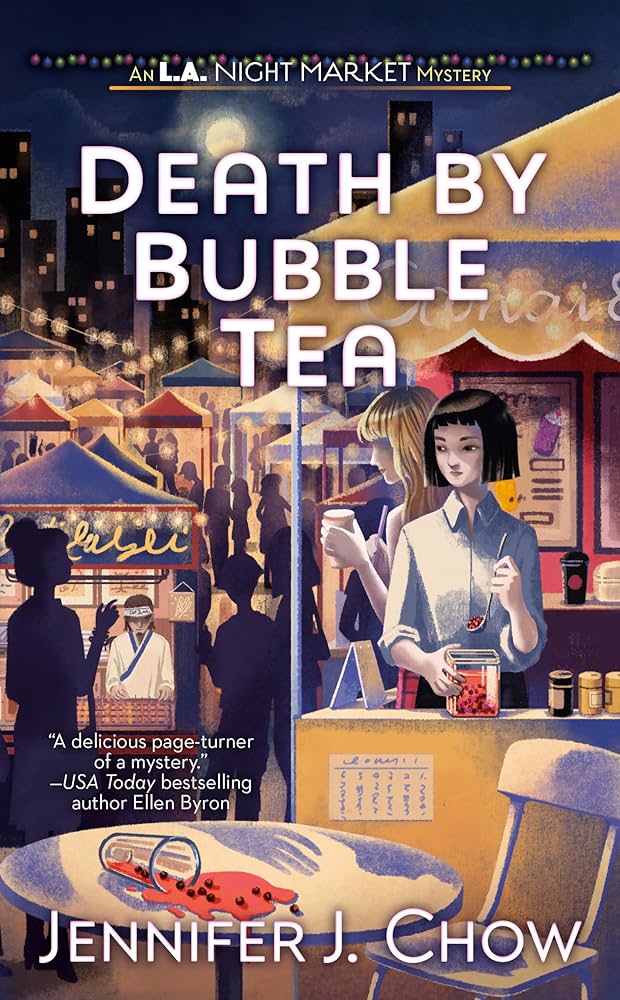
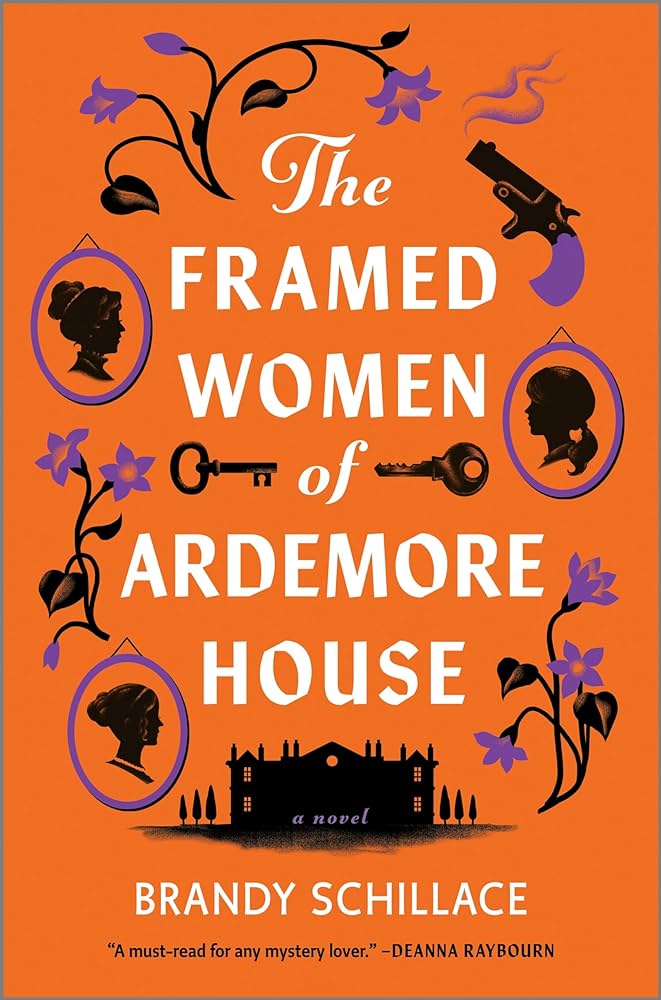
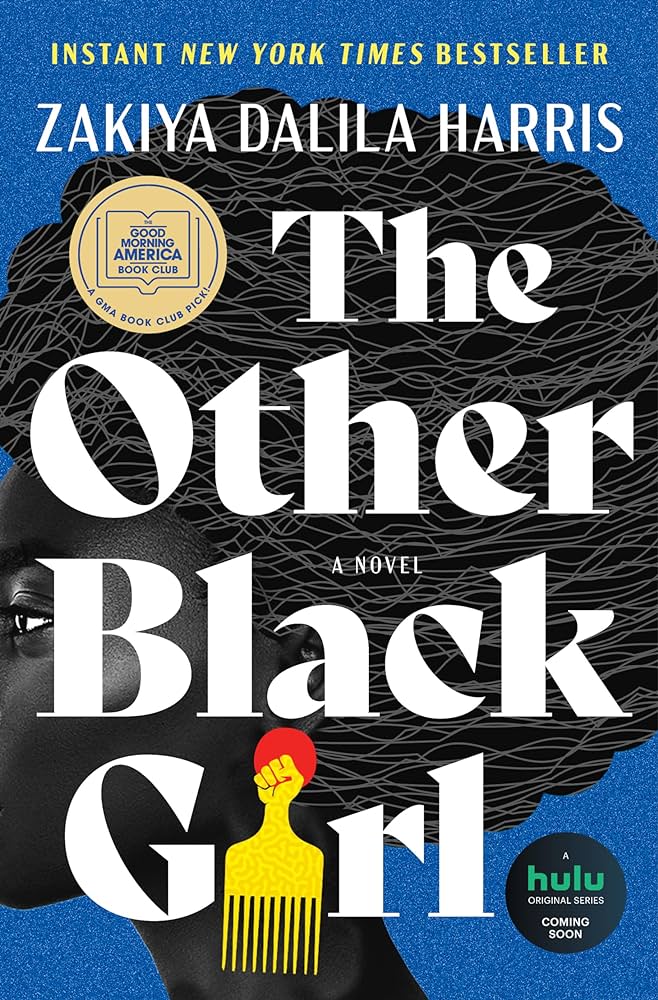
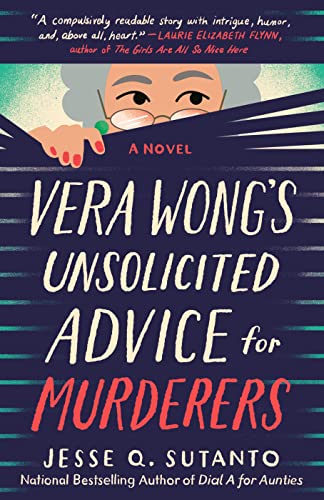
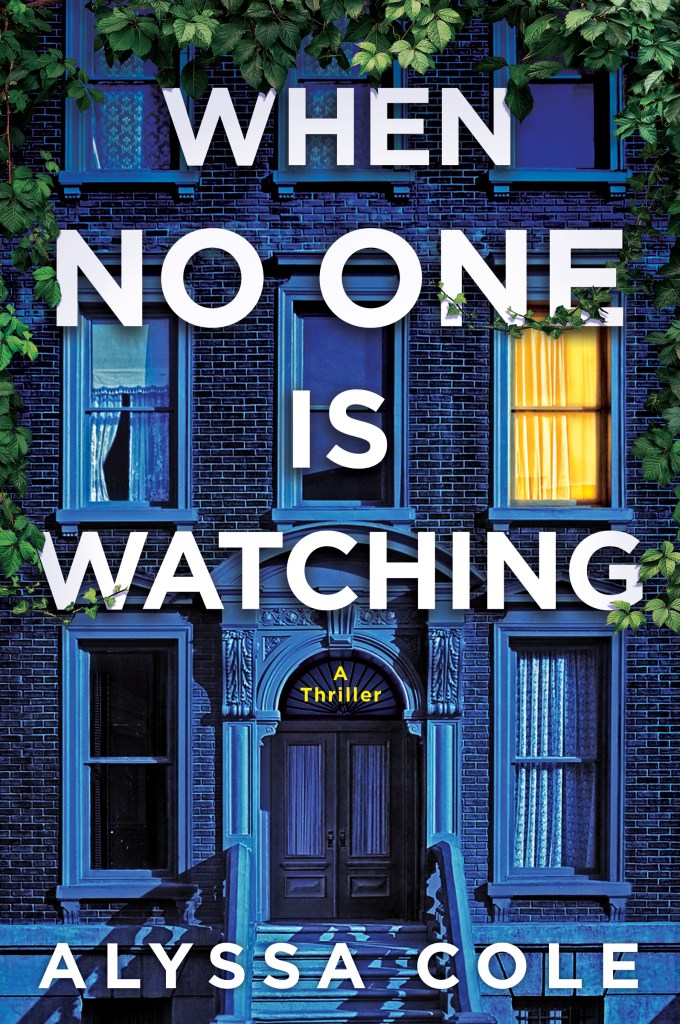

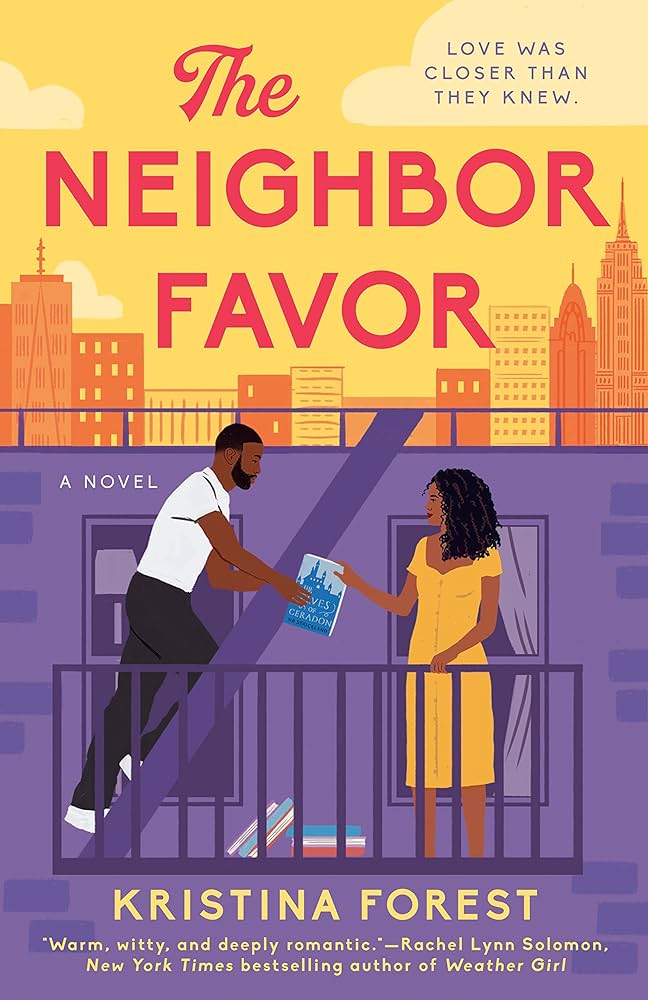
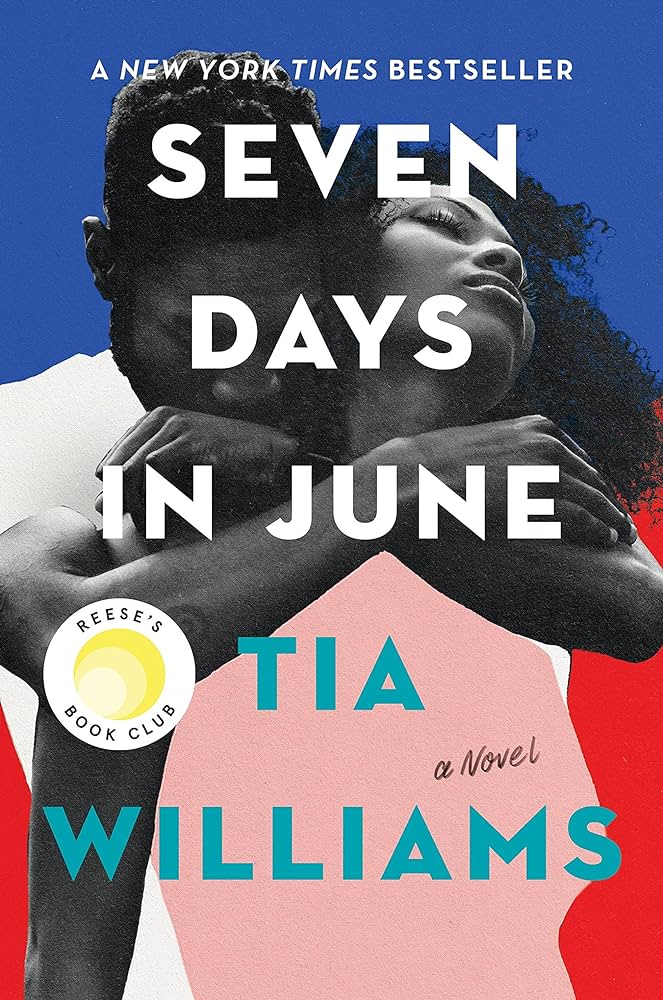
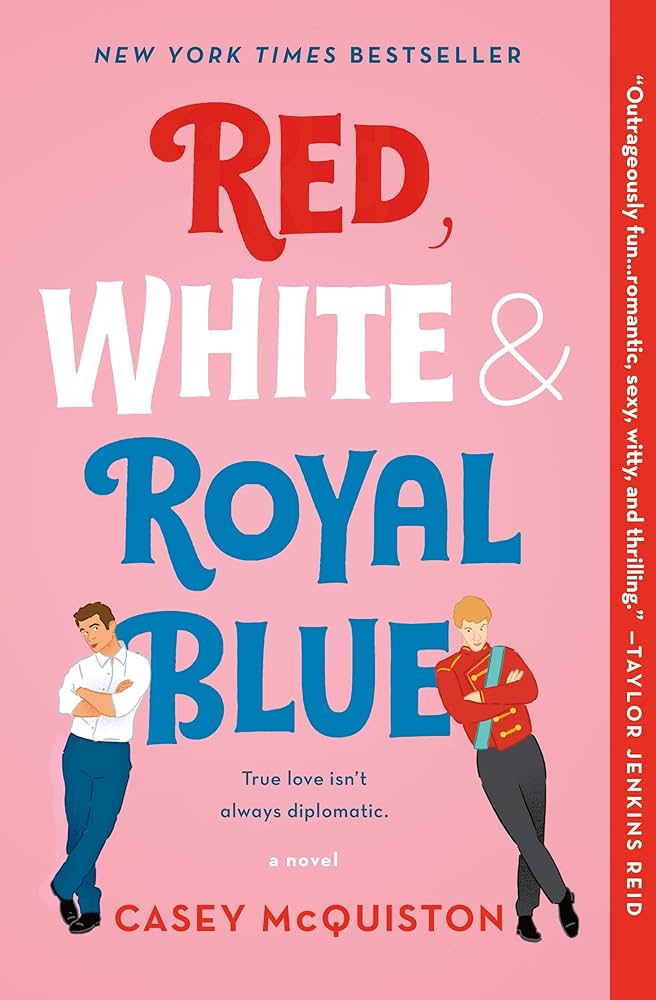
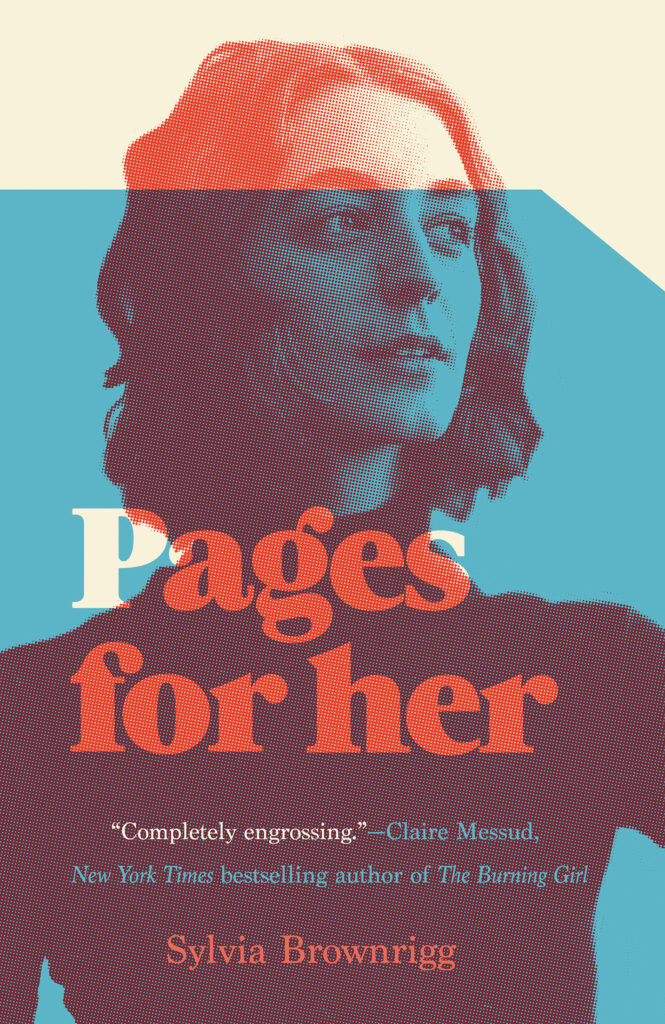
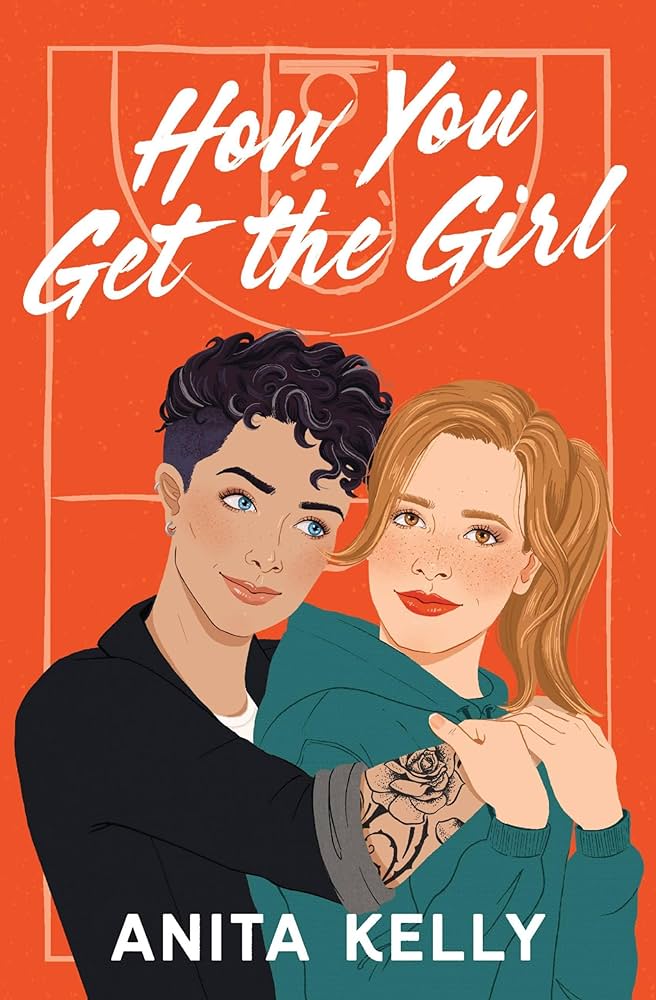
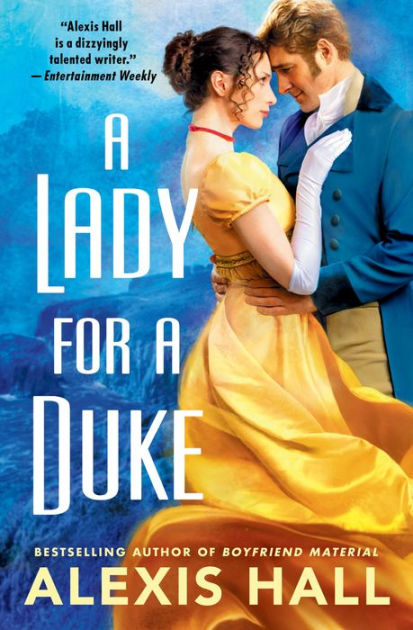
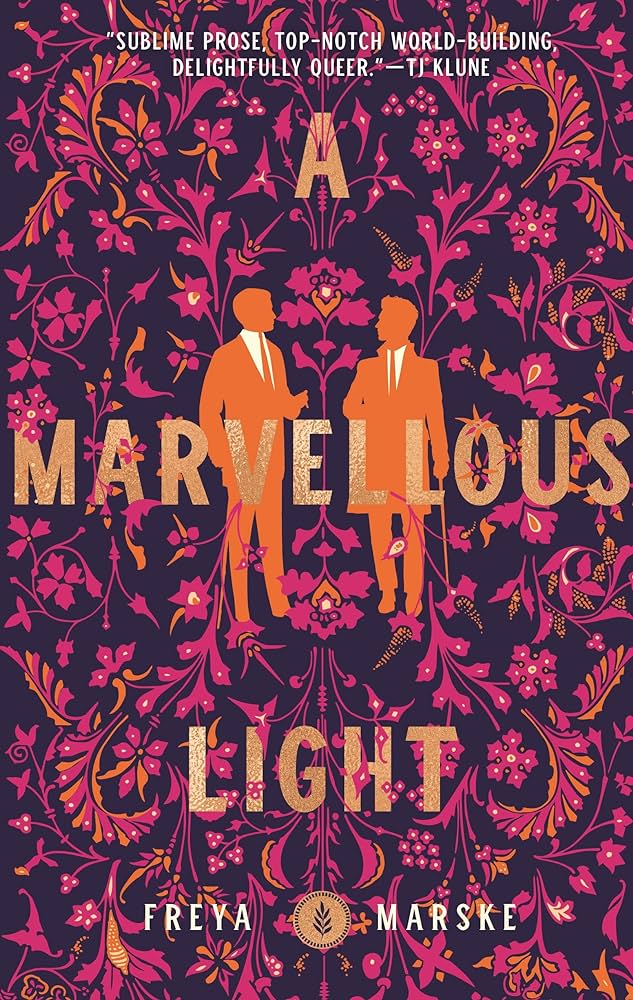
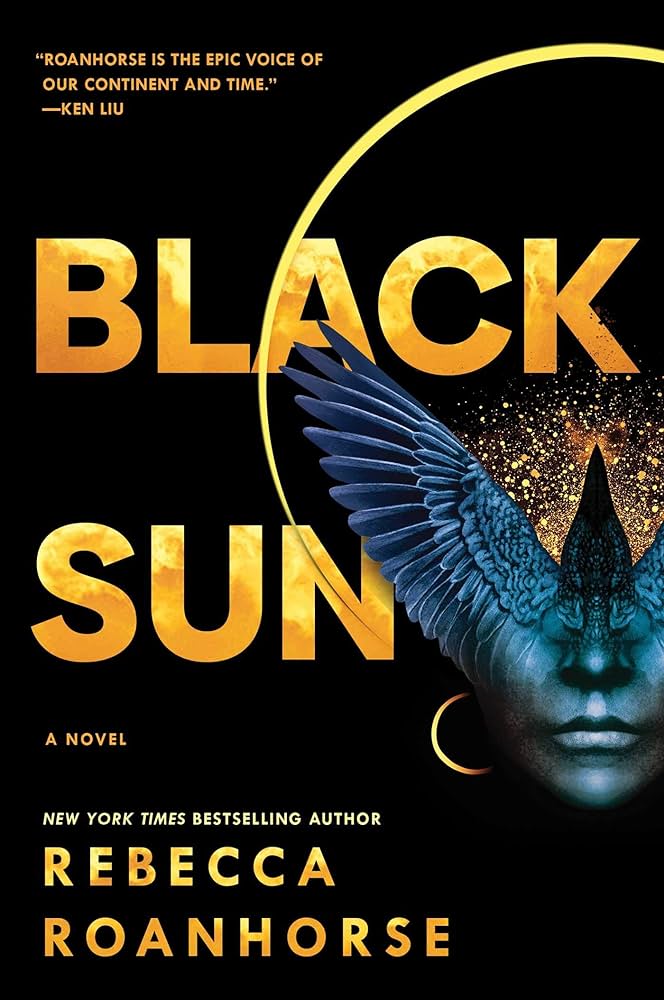

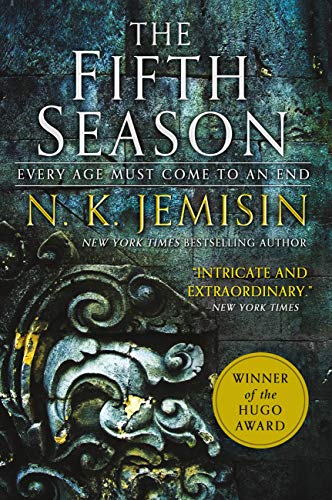
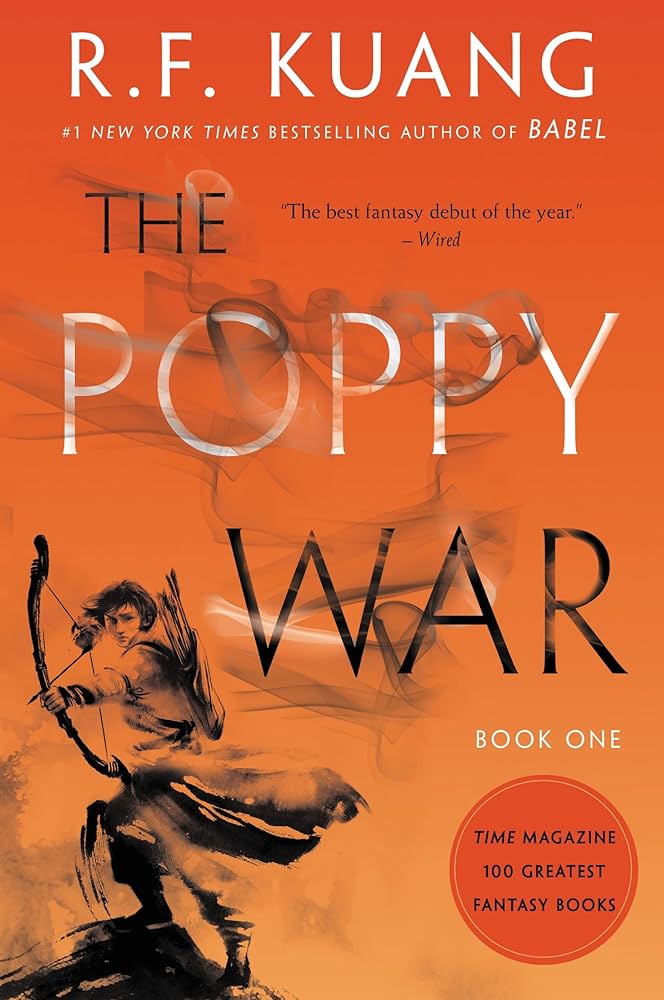
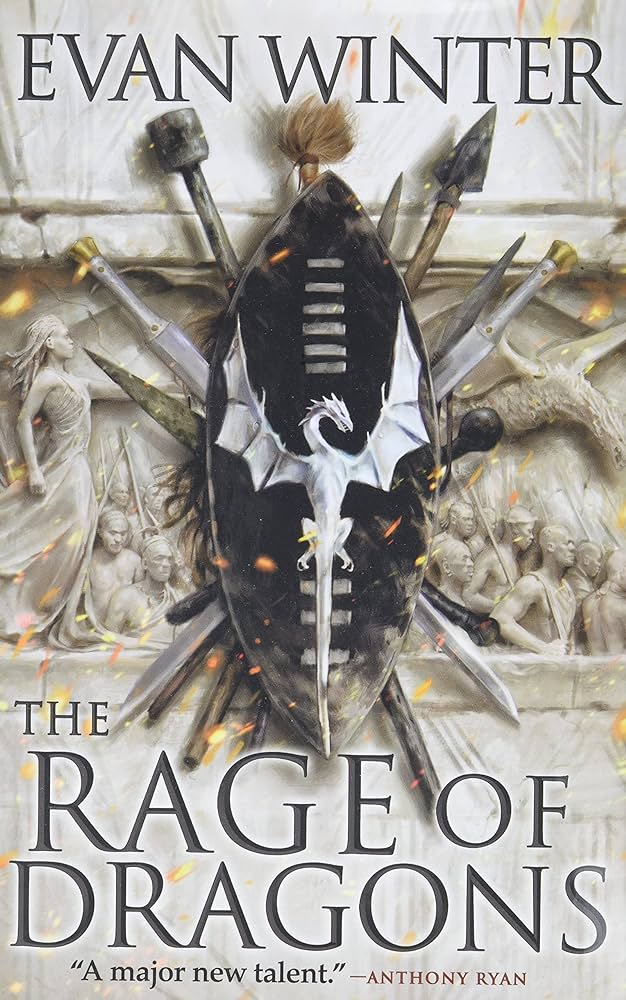
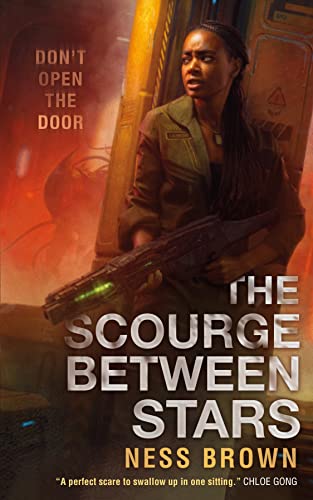

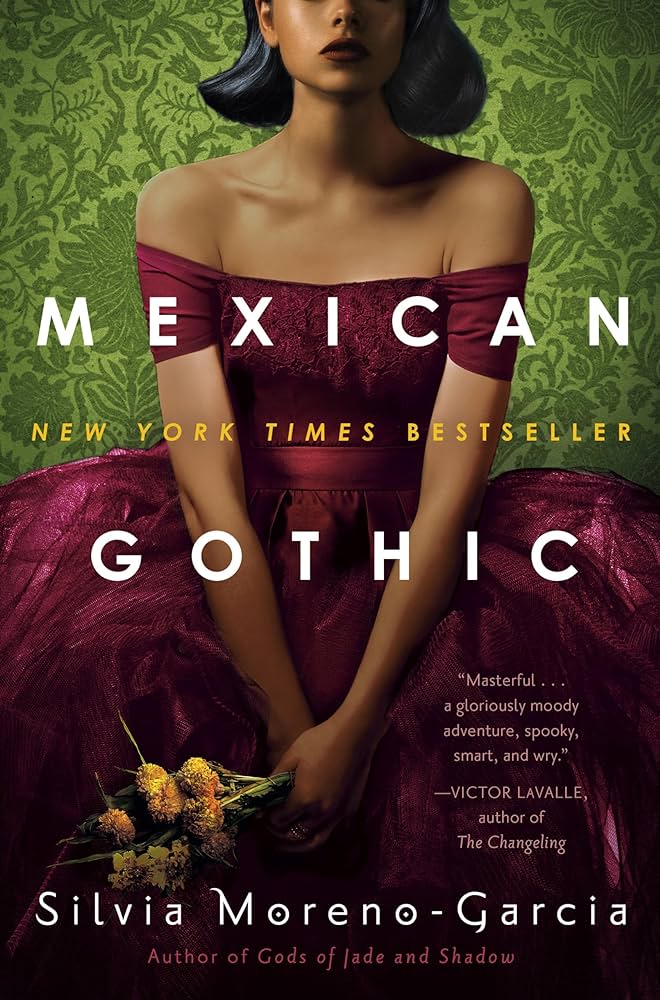
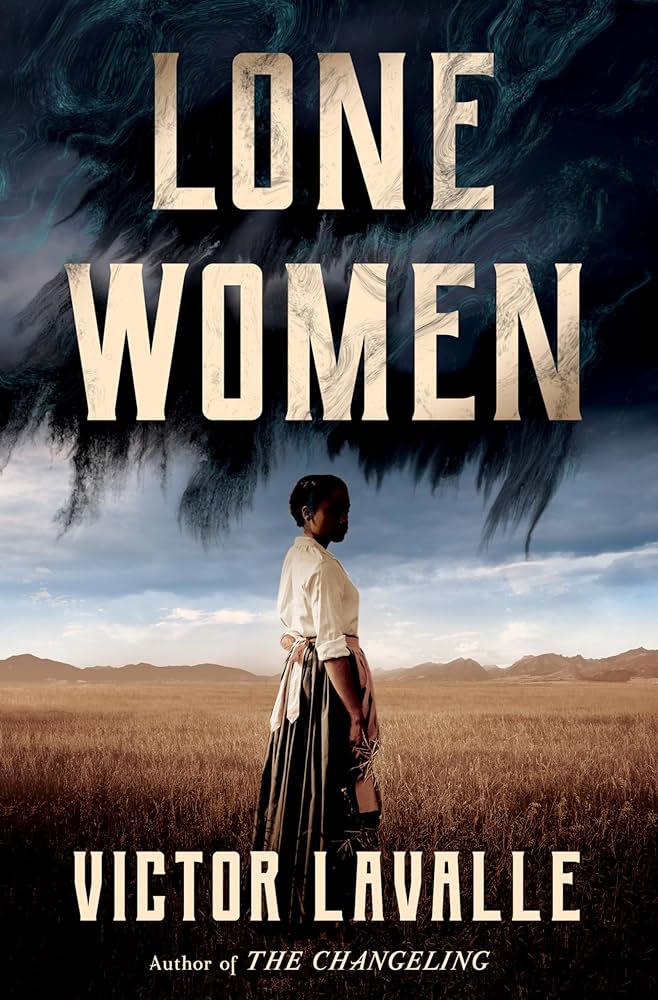
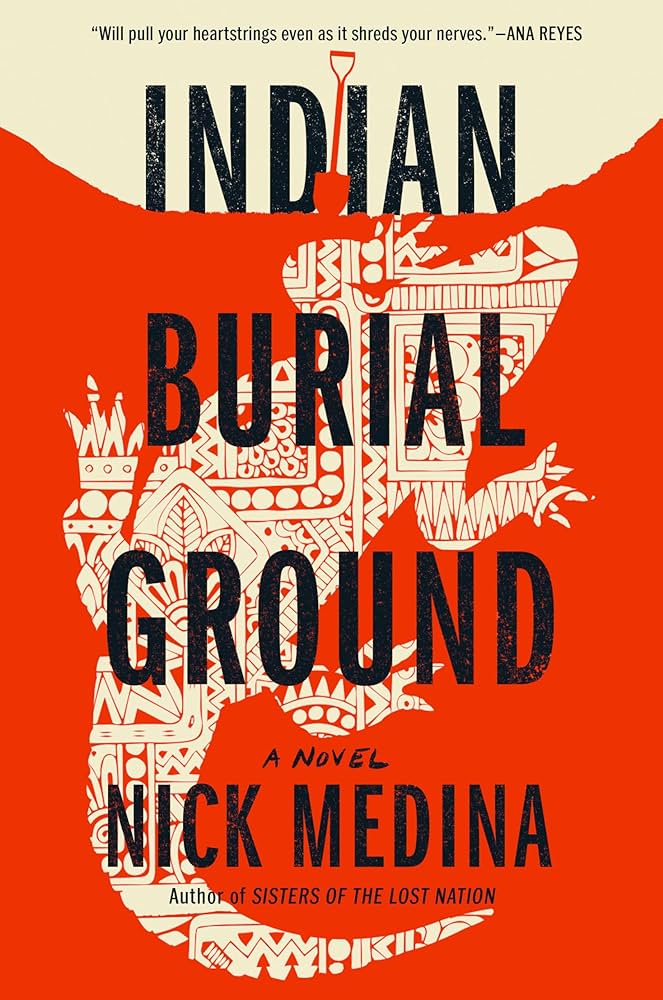
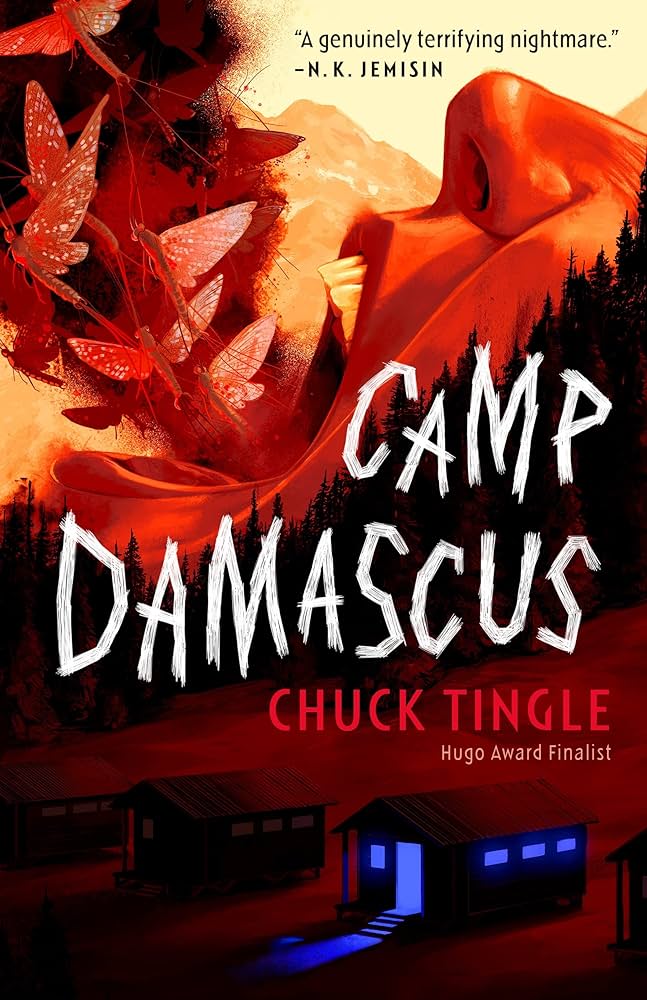

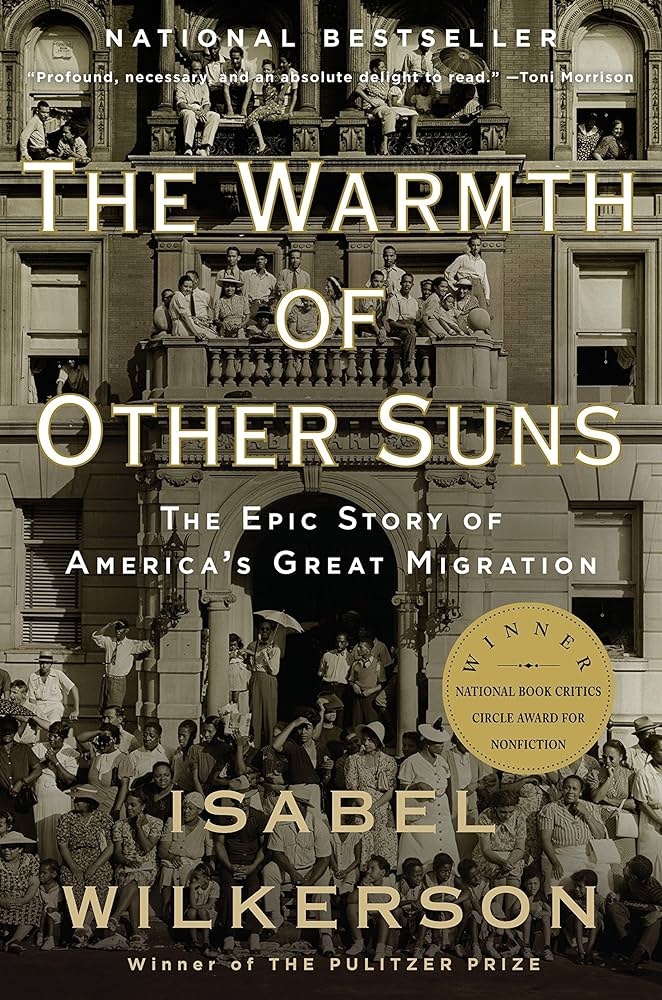
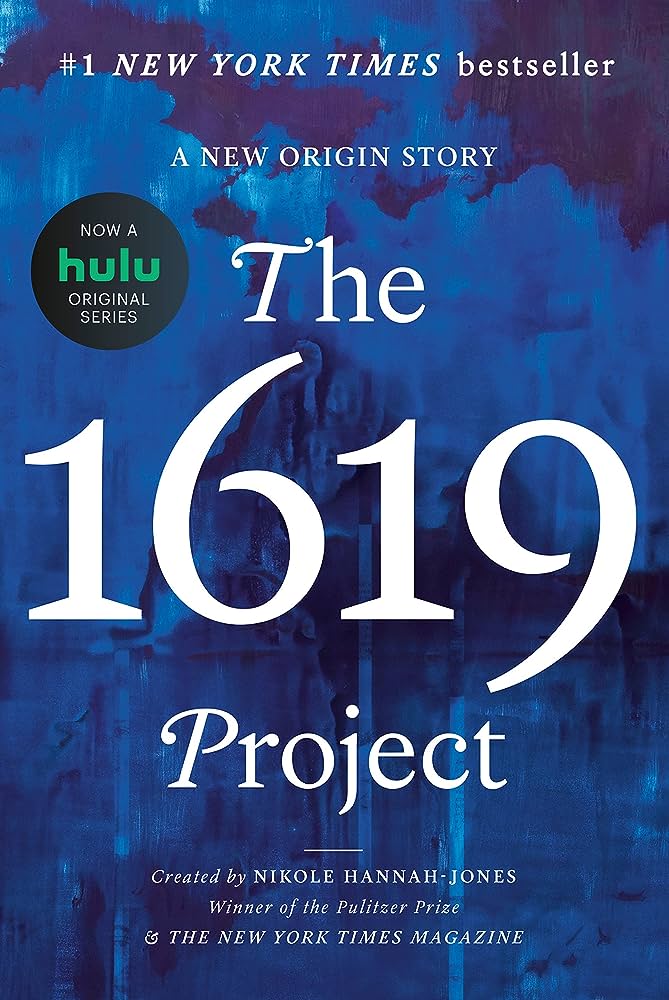

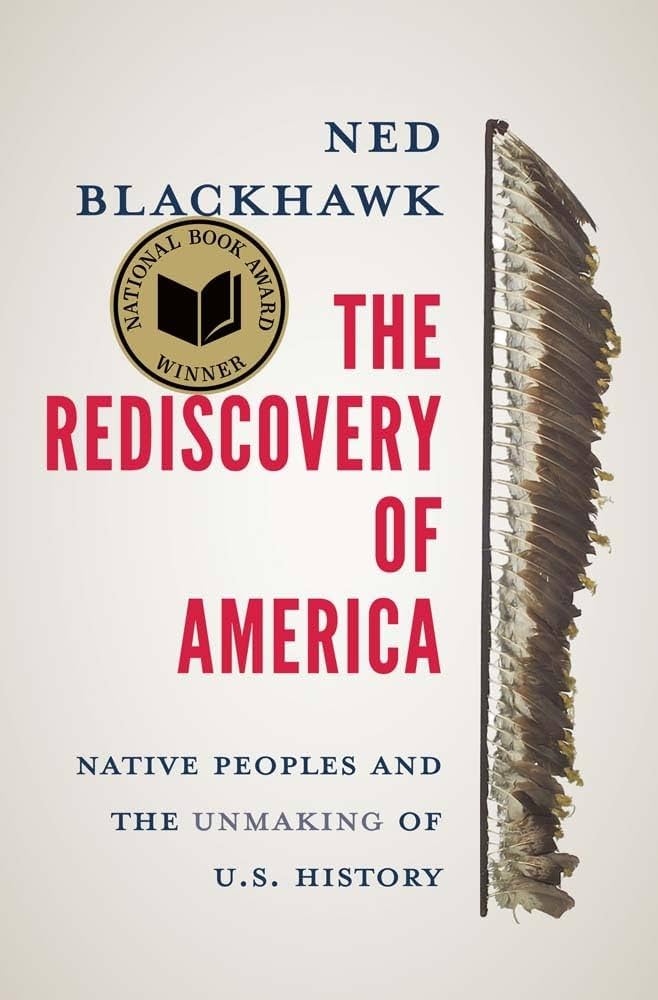
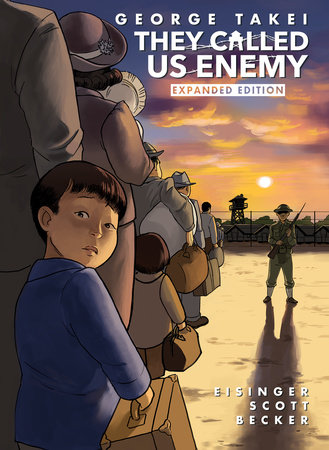
This is a wonderful article and fantastic recommendations! Thank you!
Great article! Thank you for taking the time to link additional information and book suggestions!